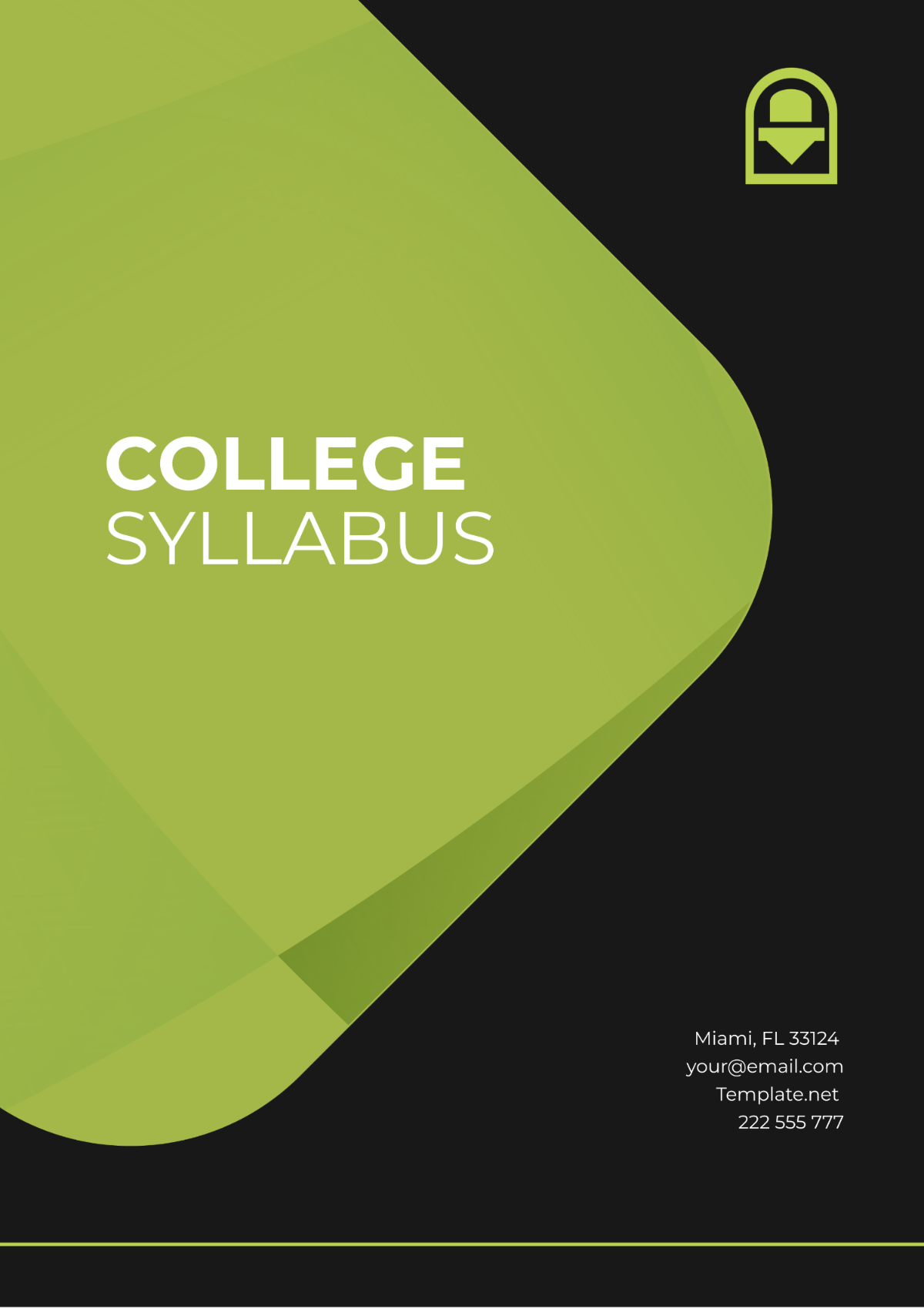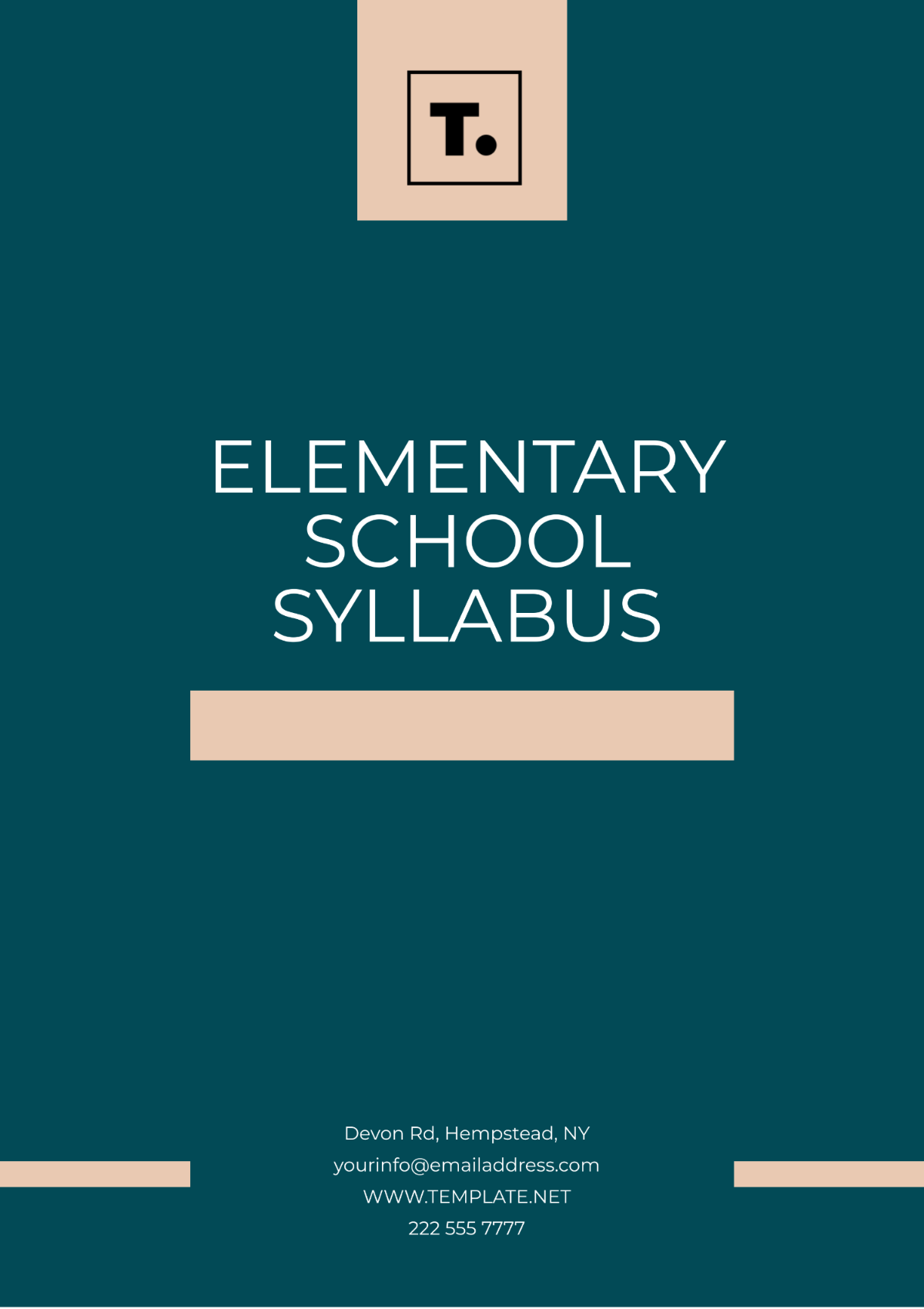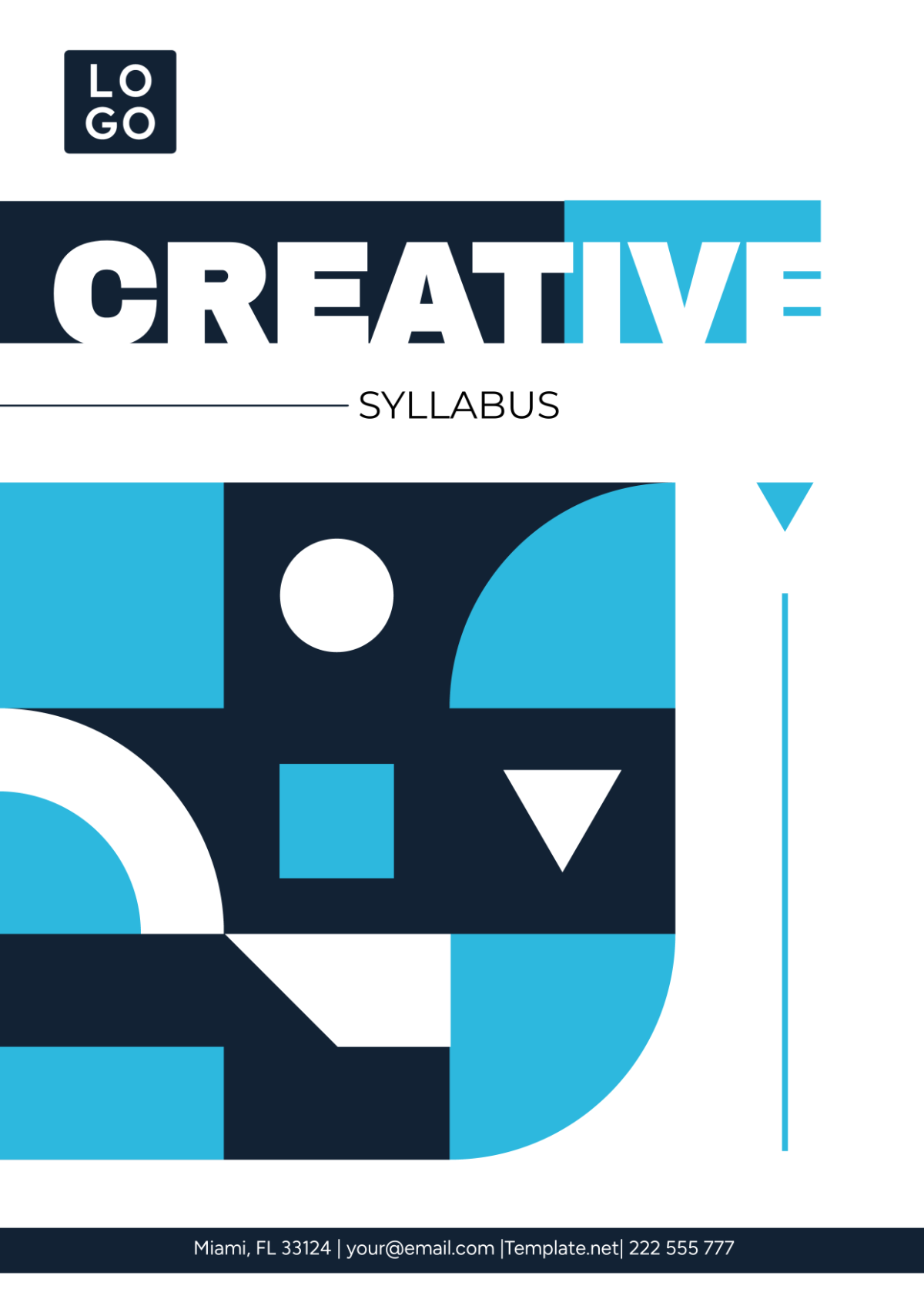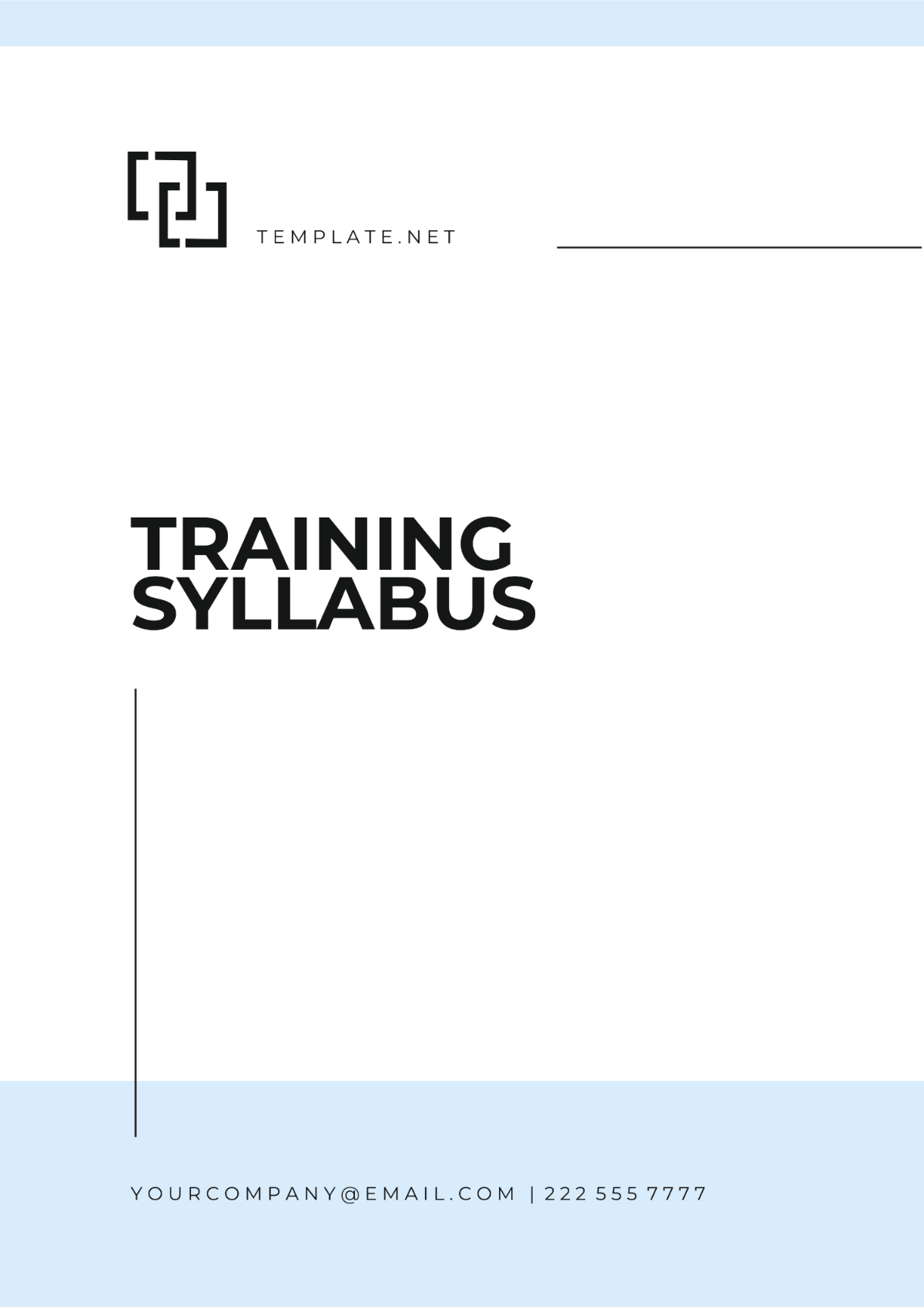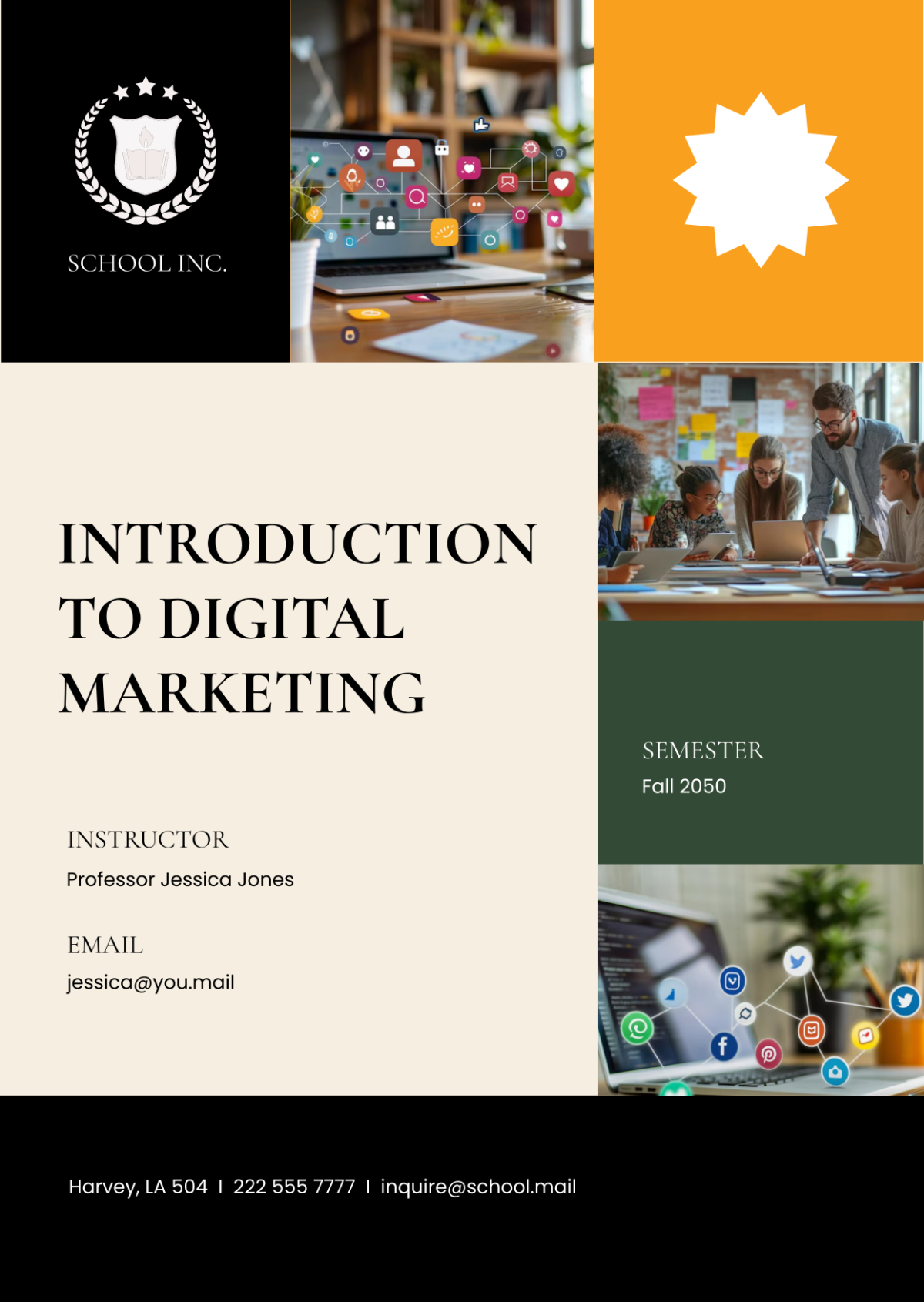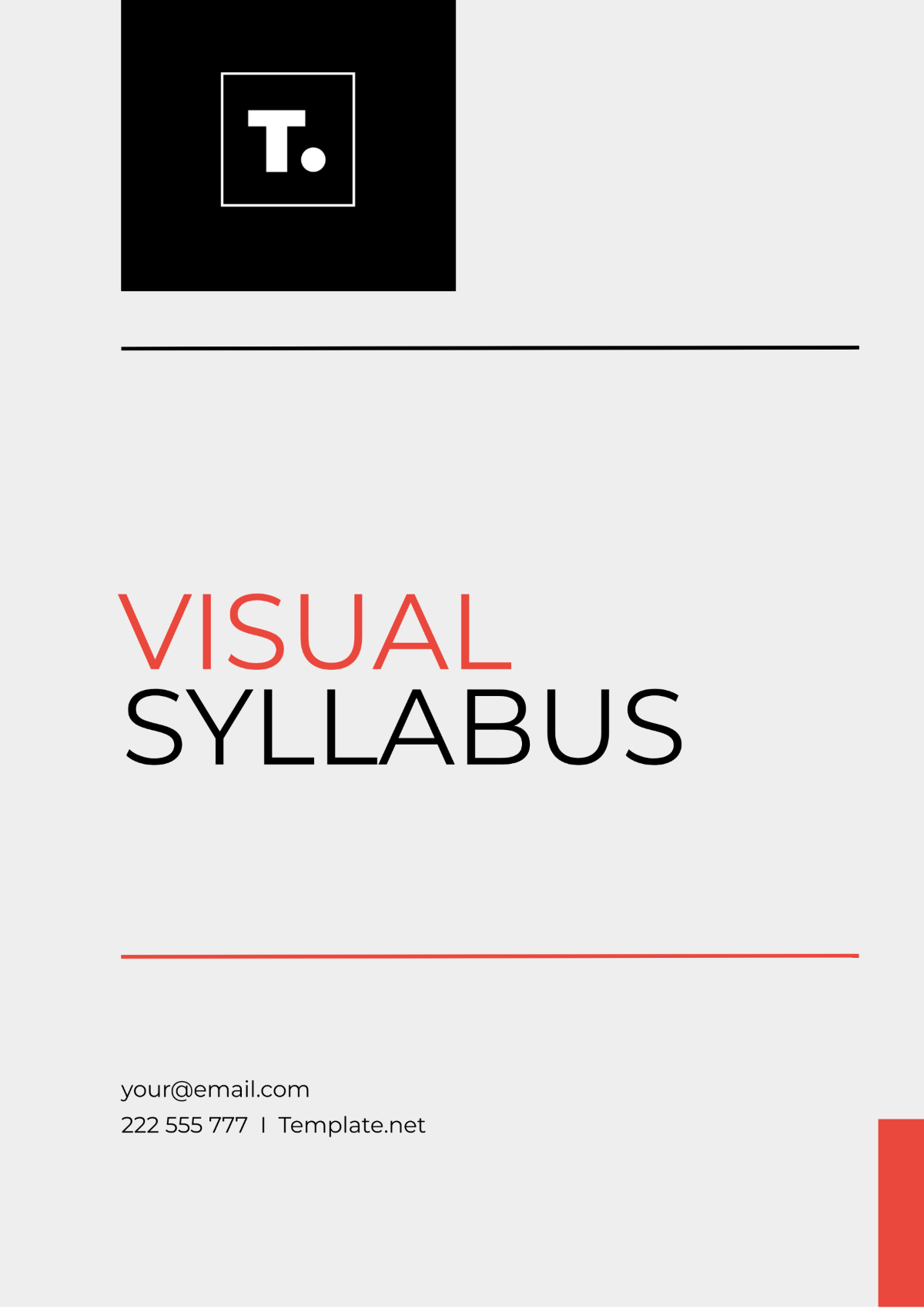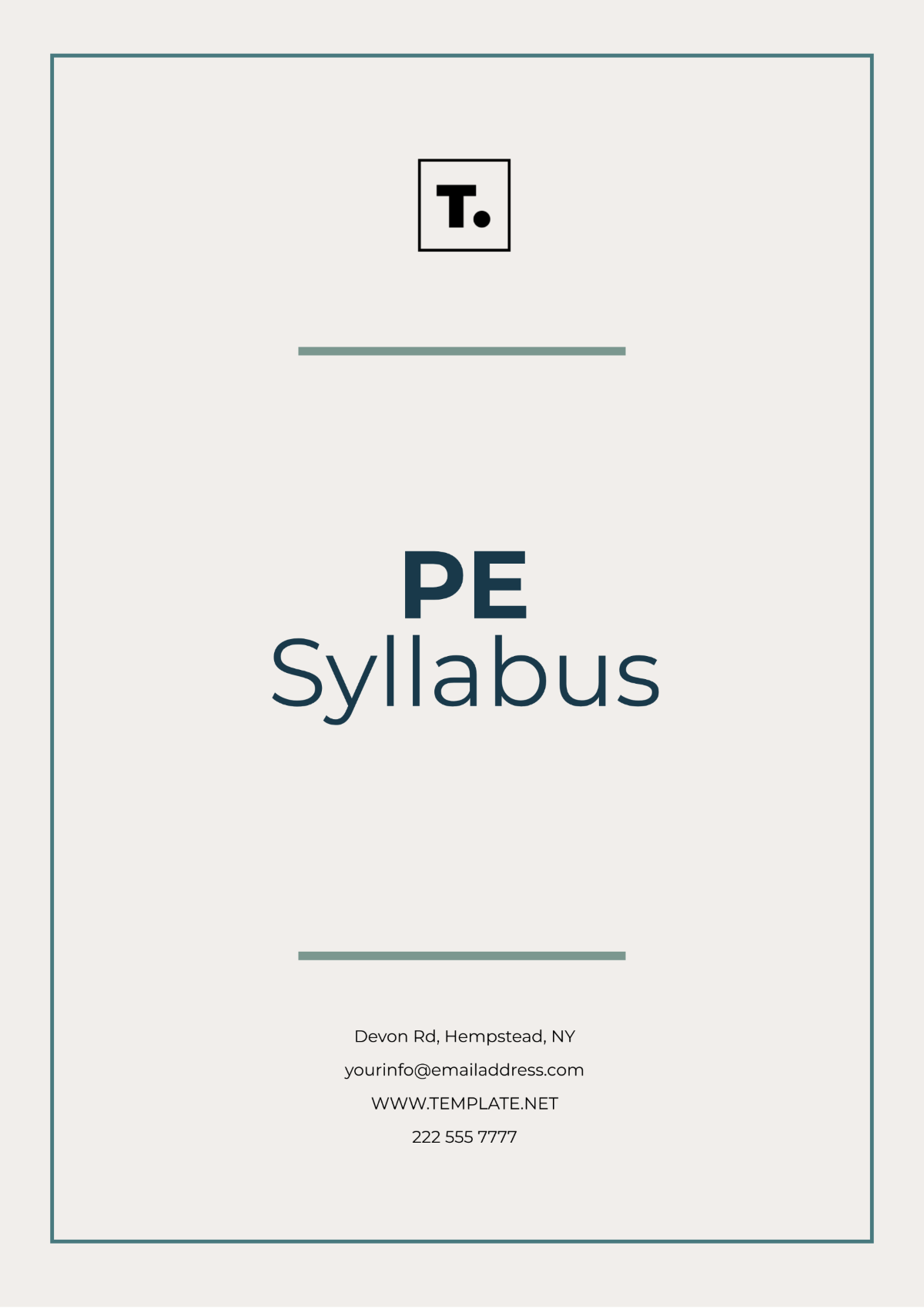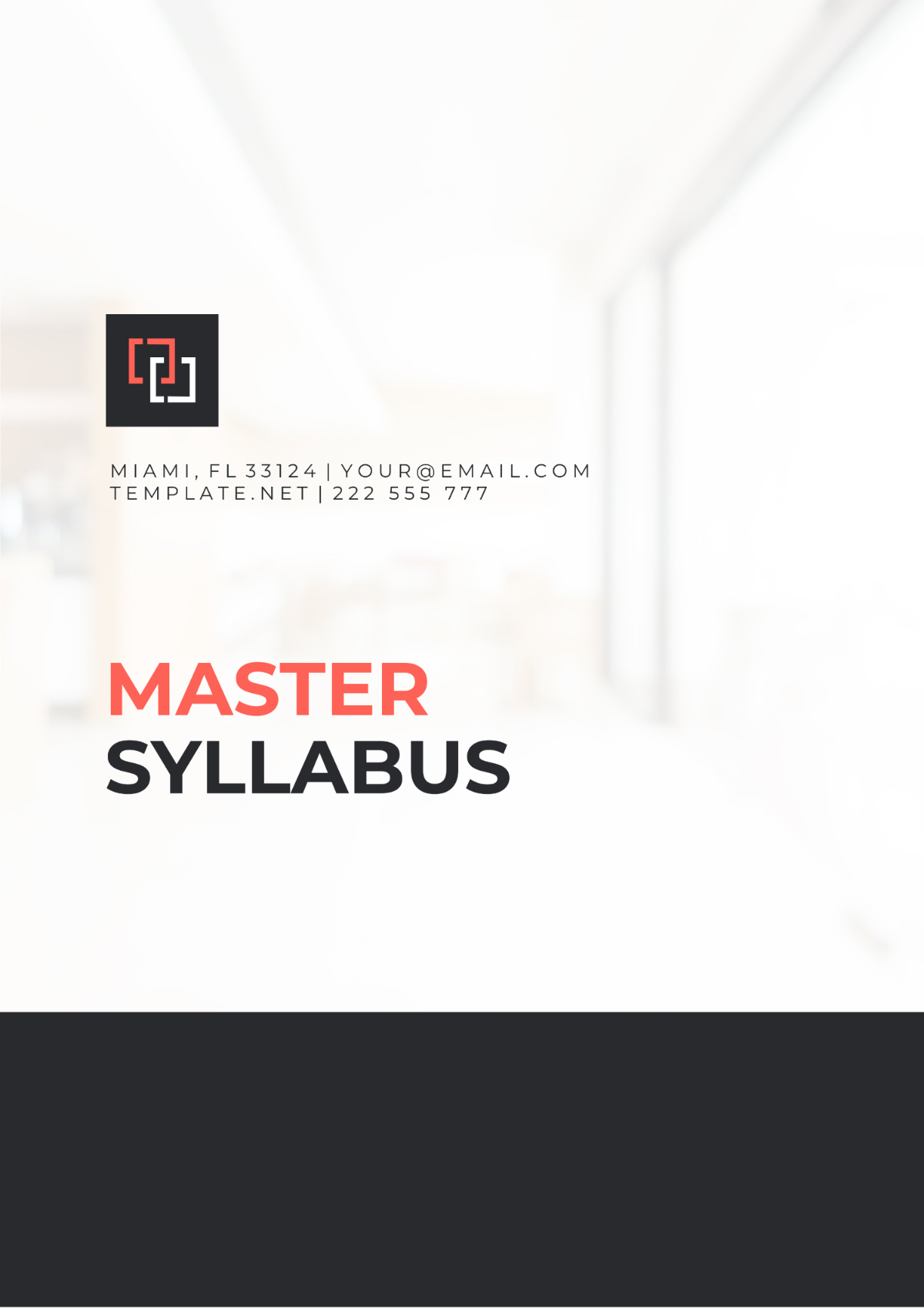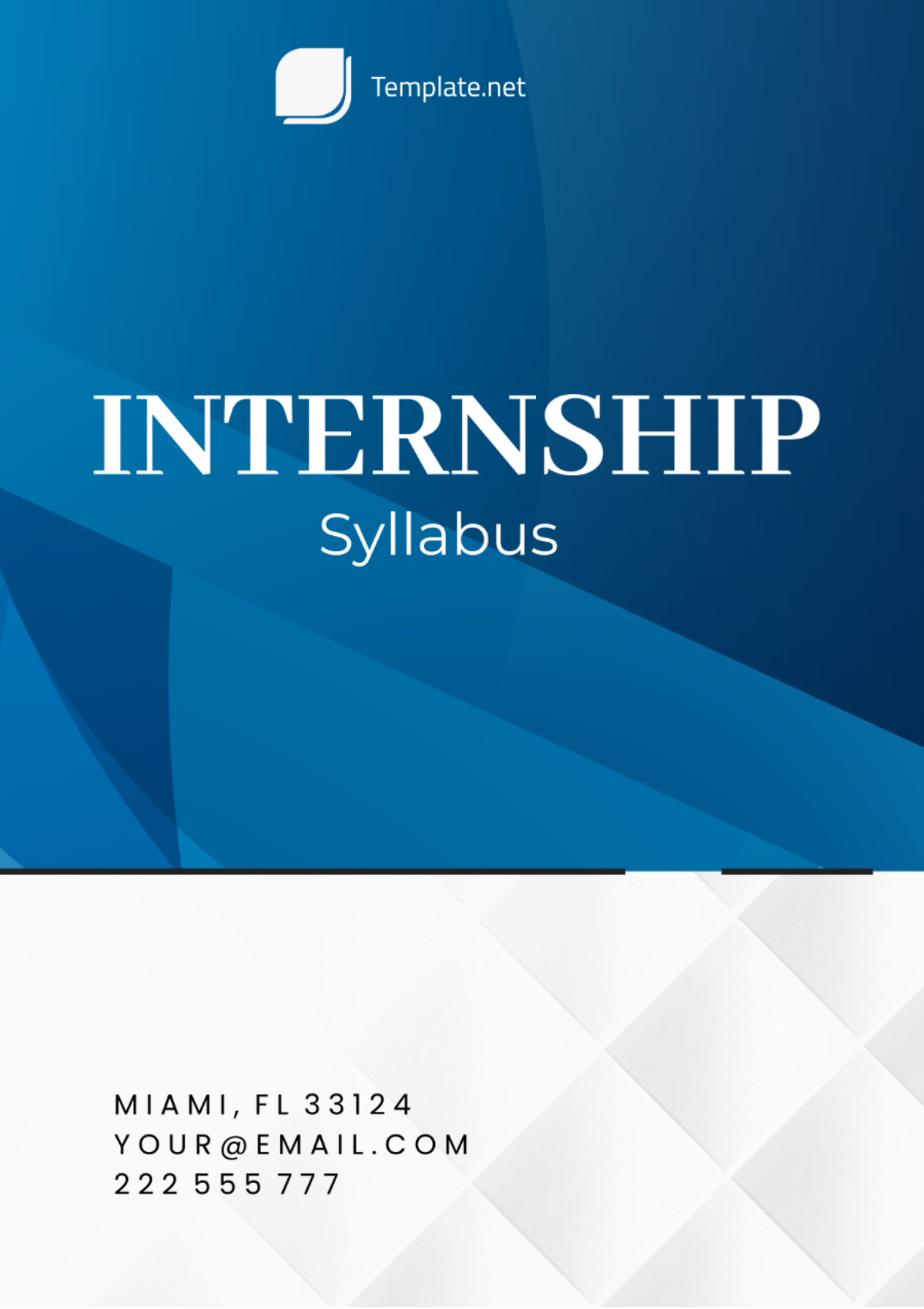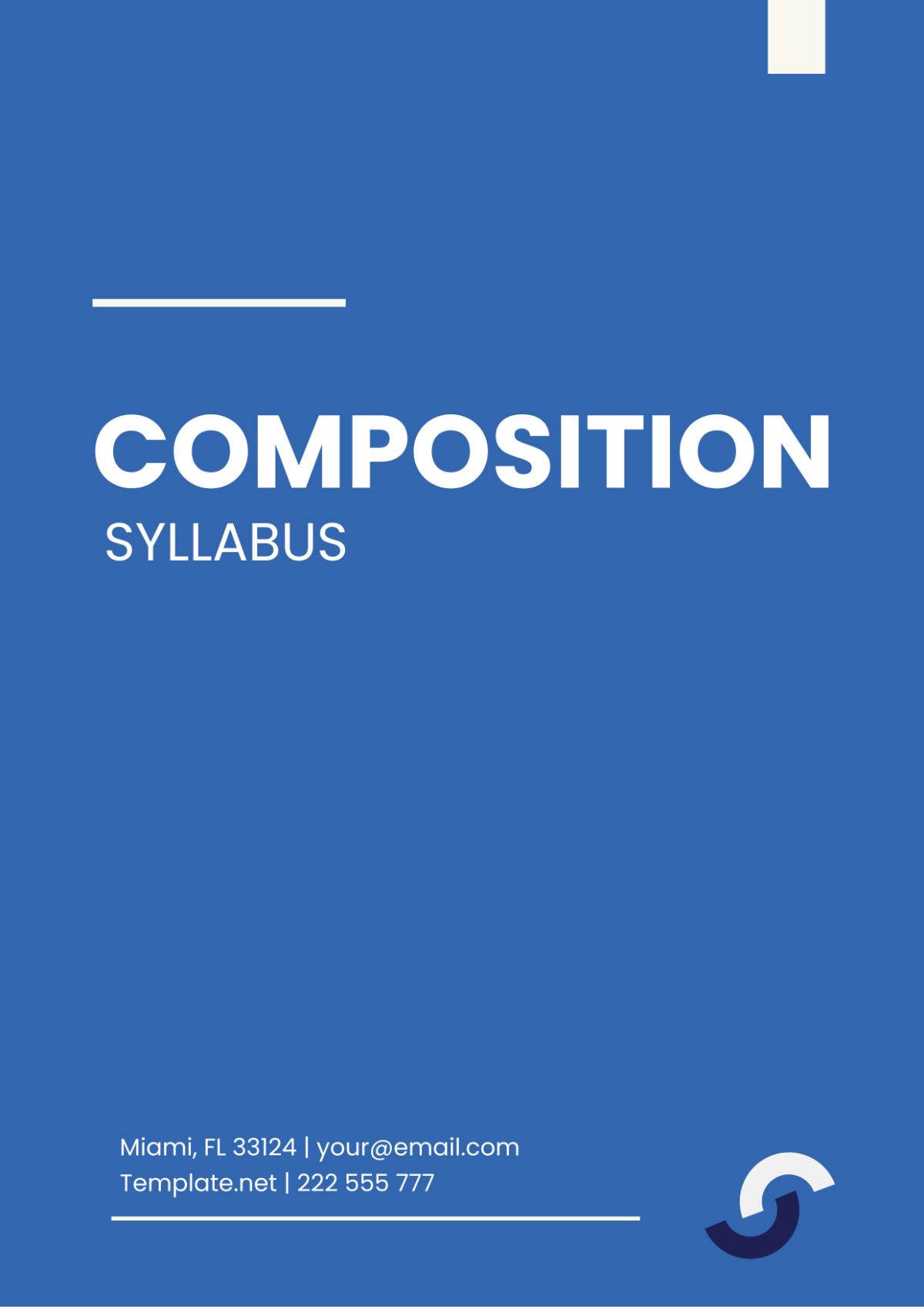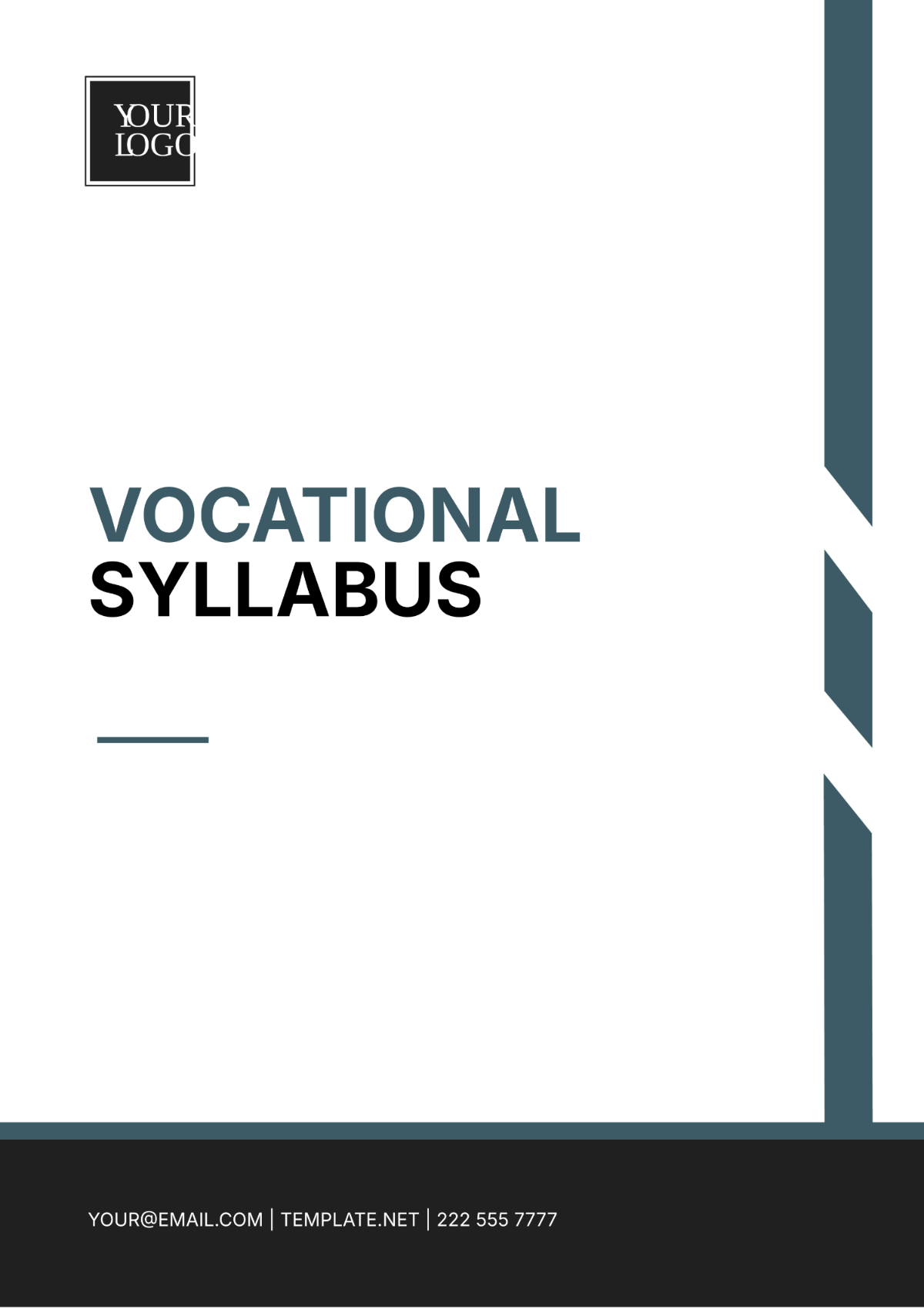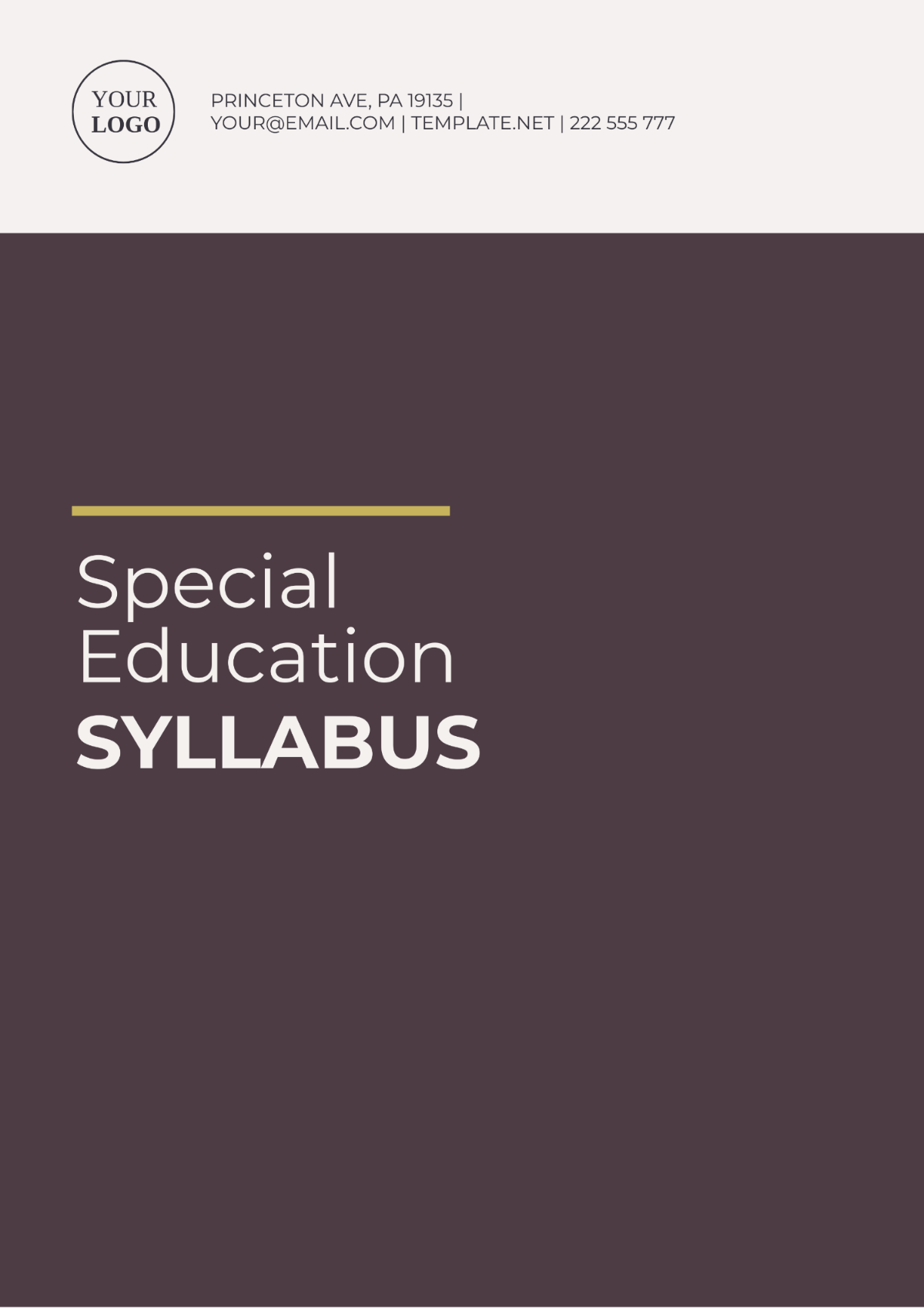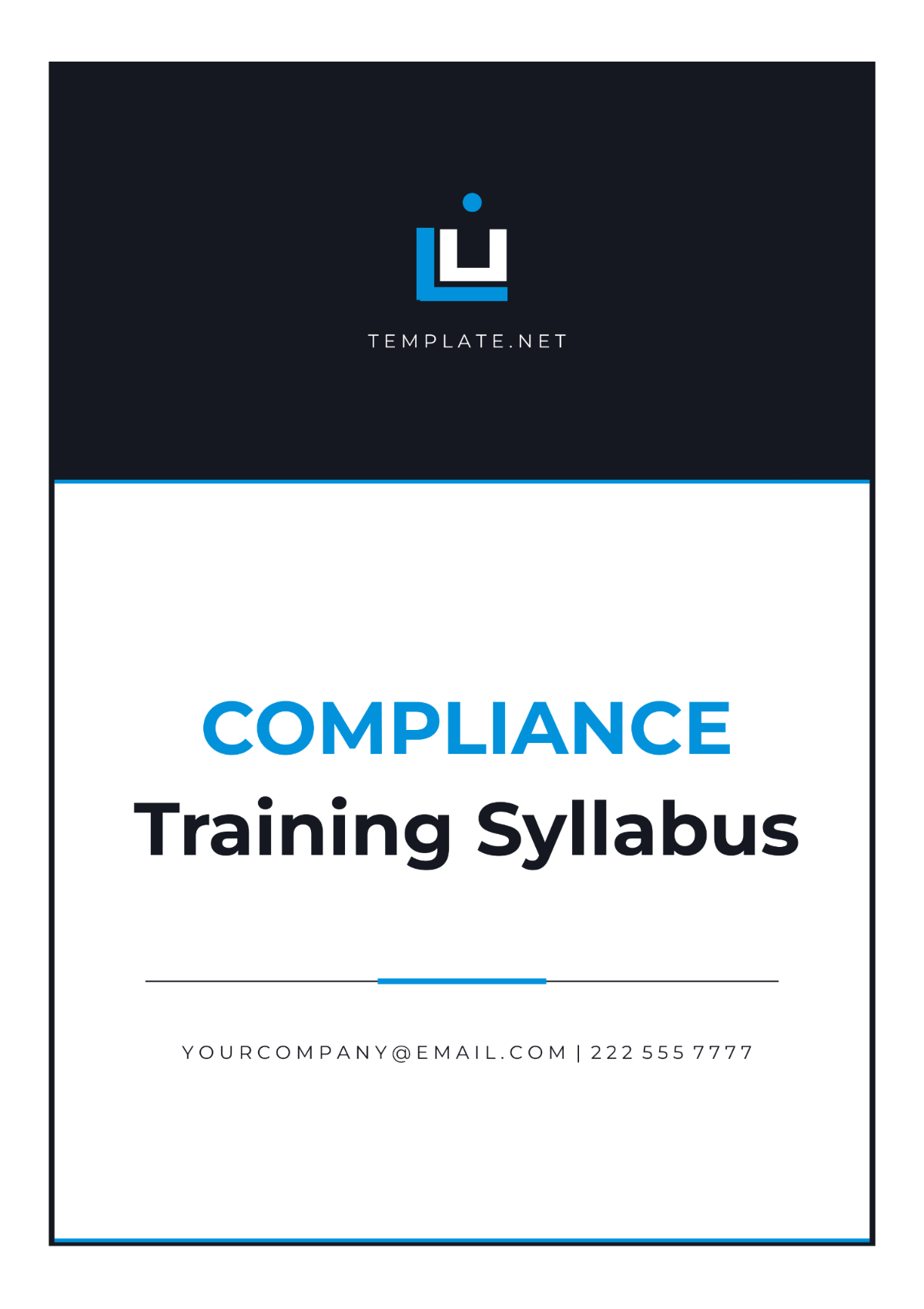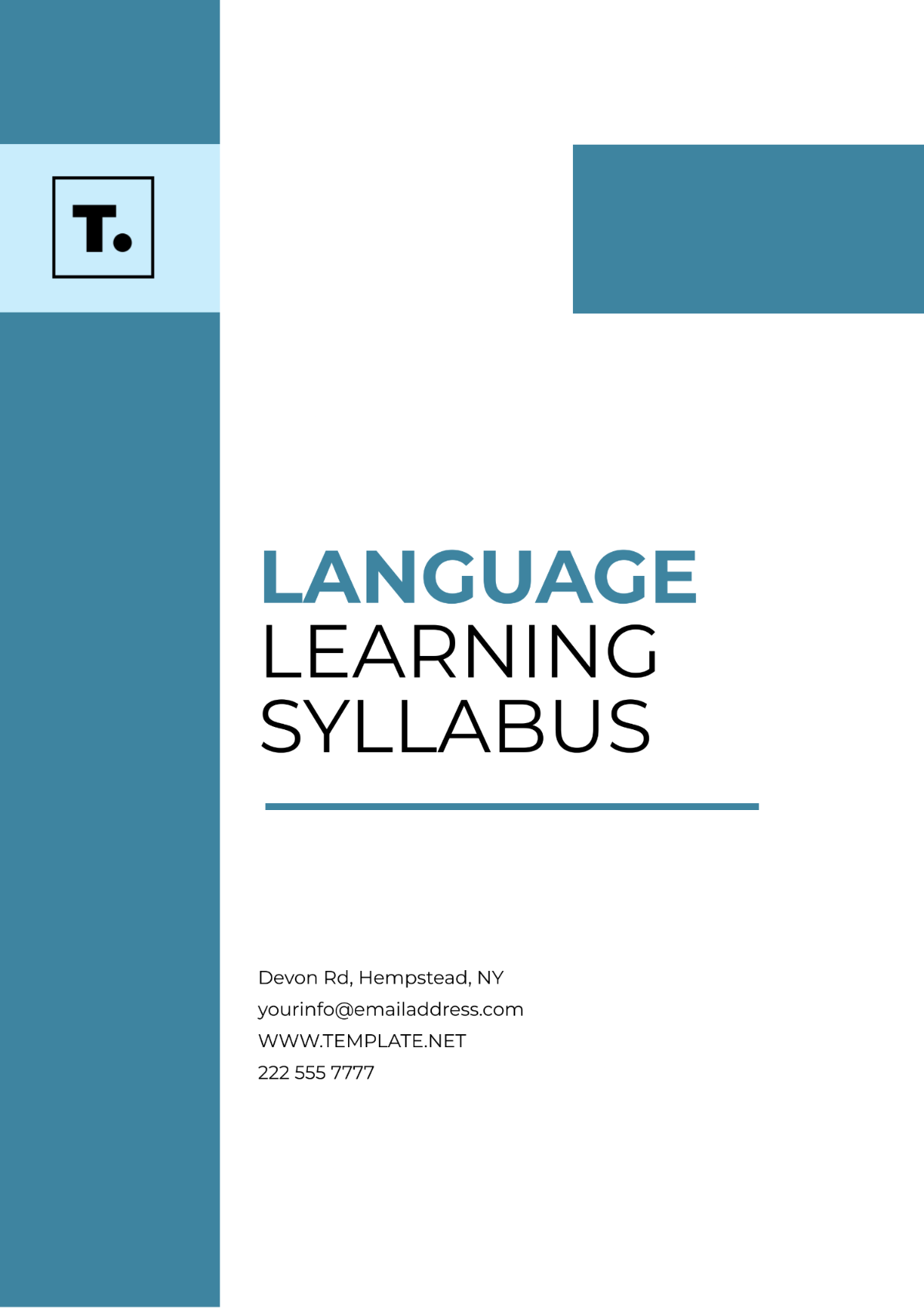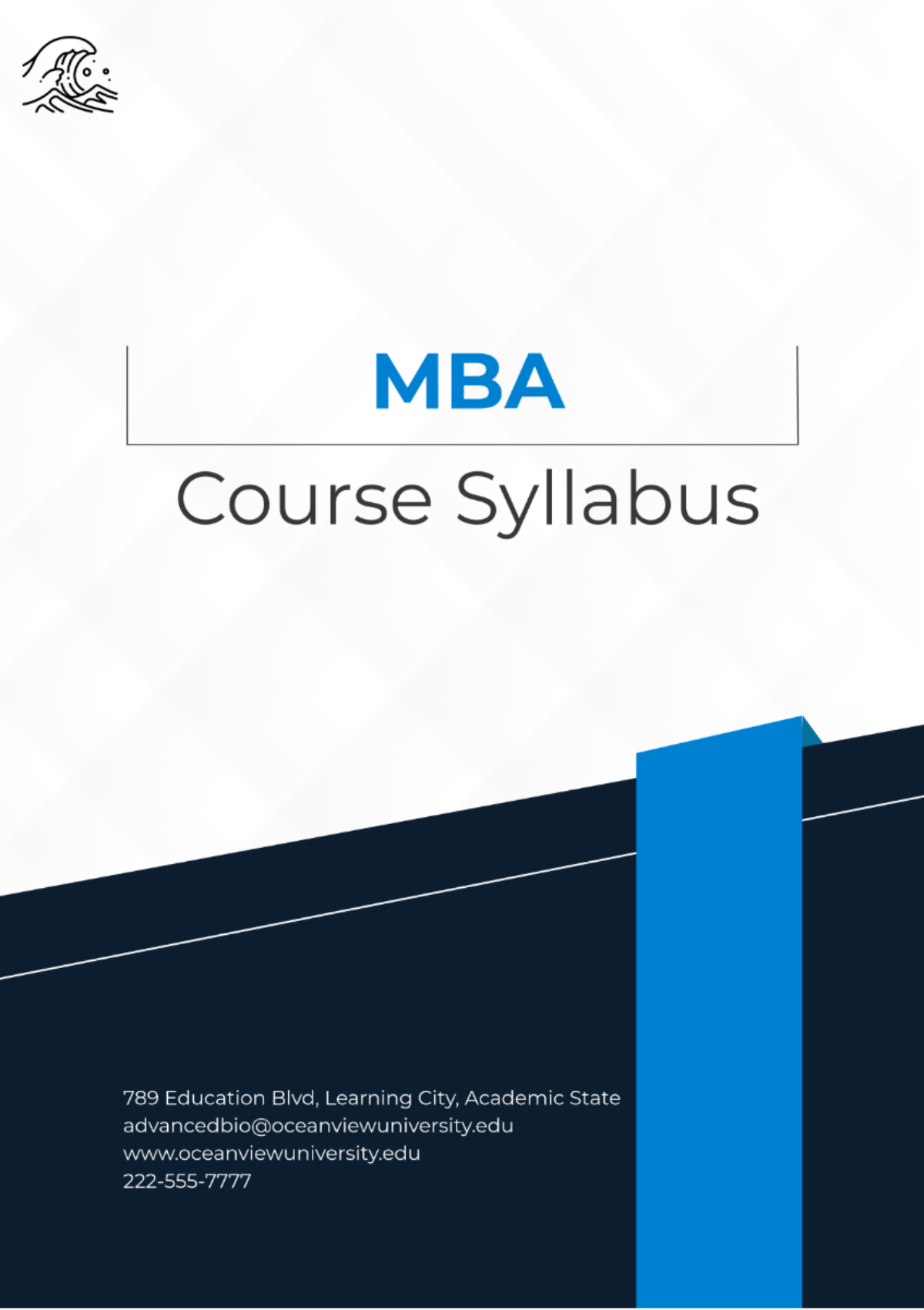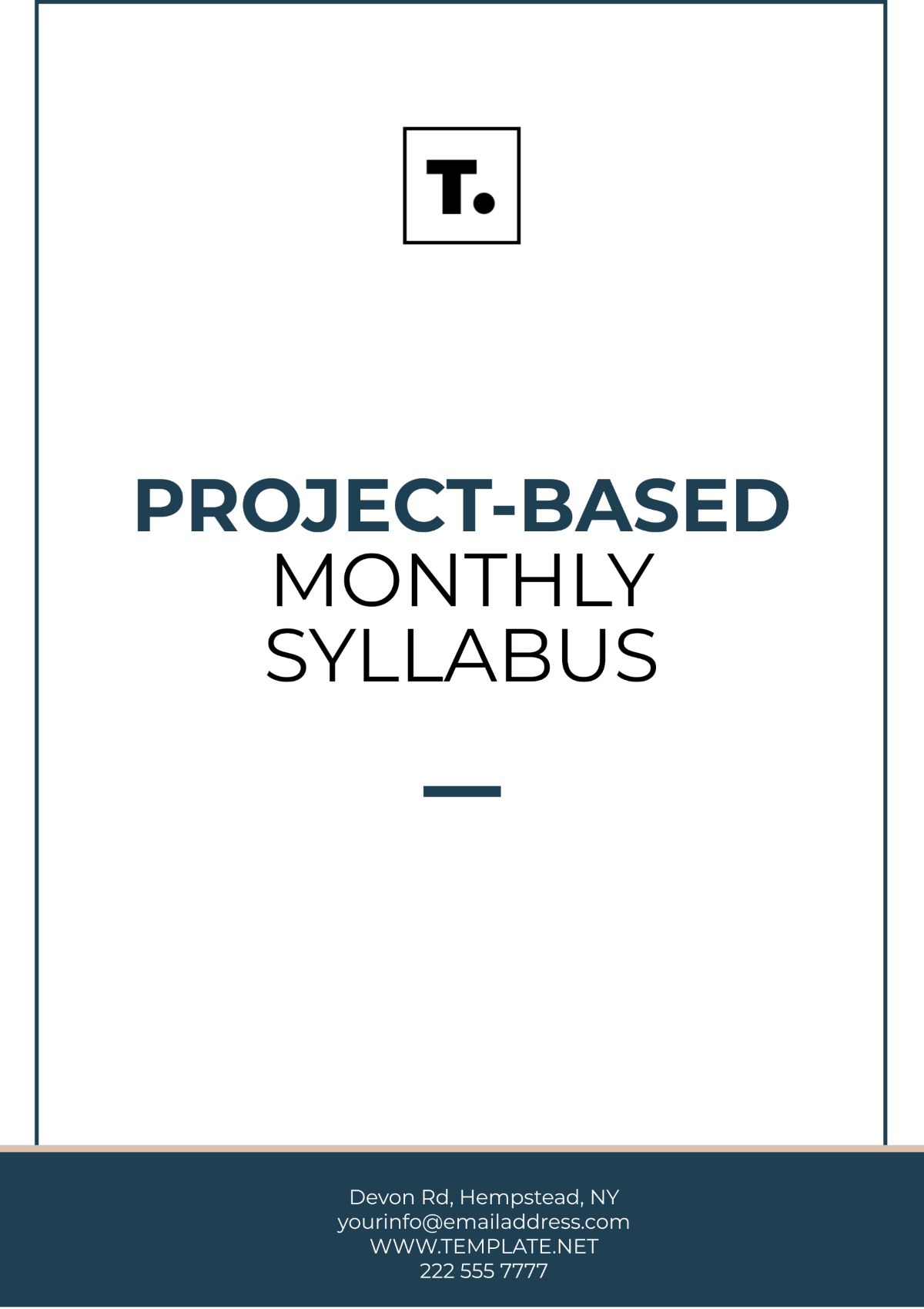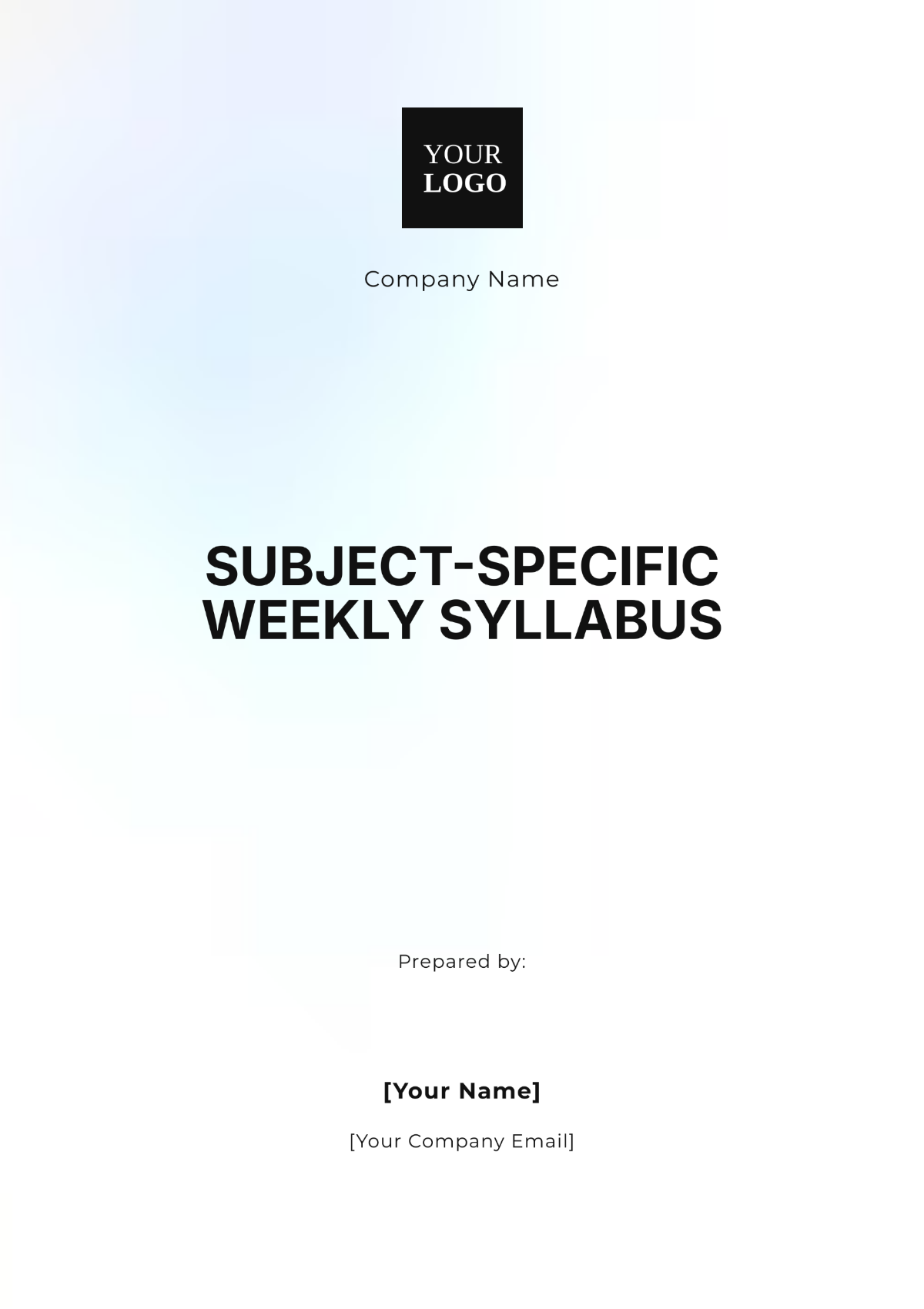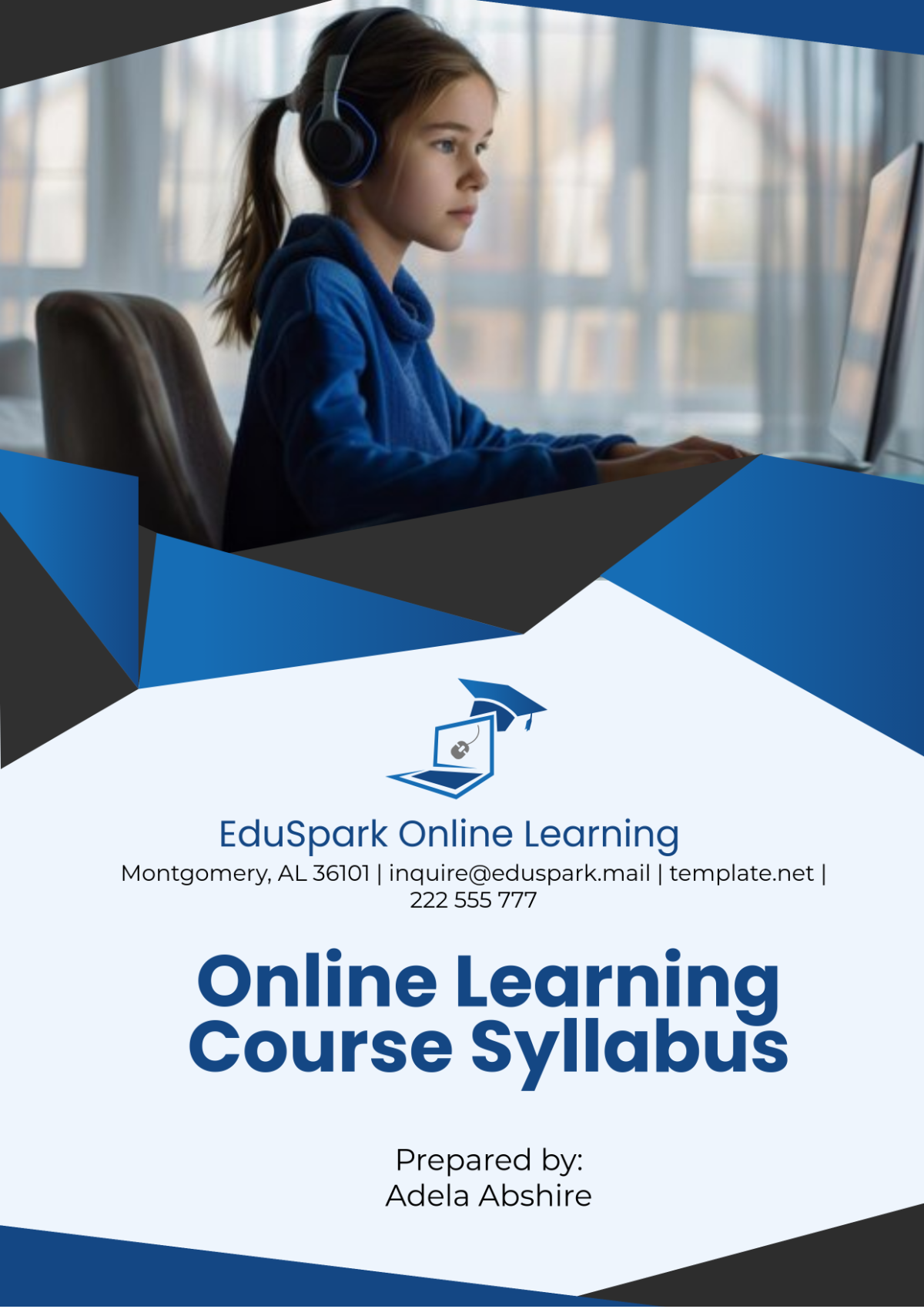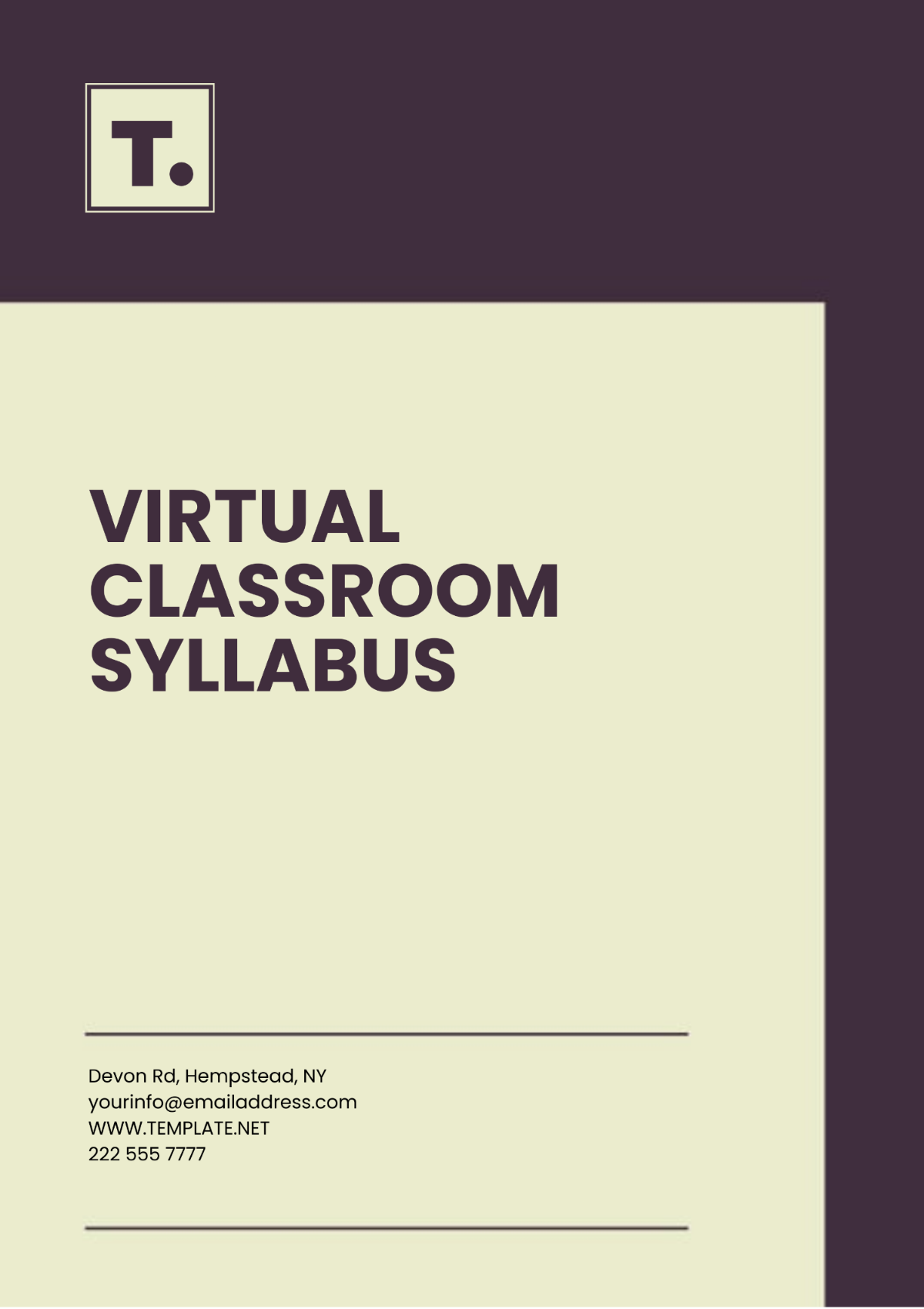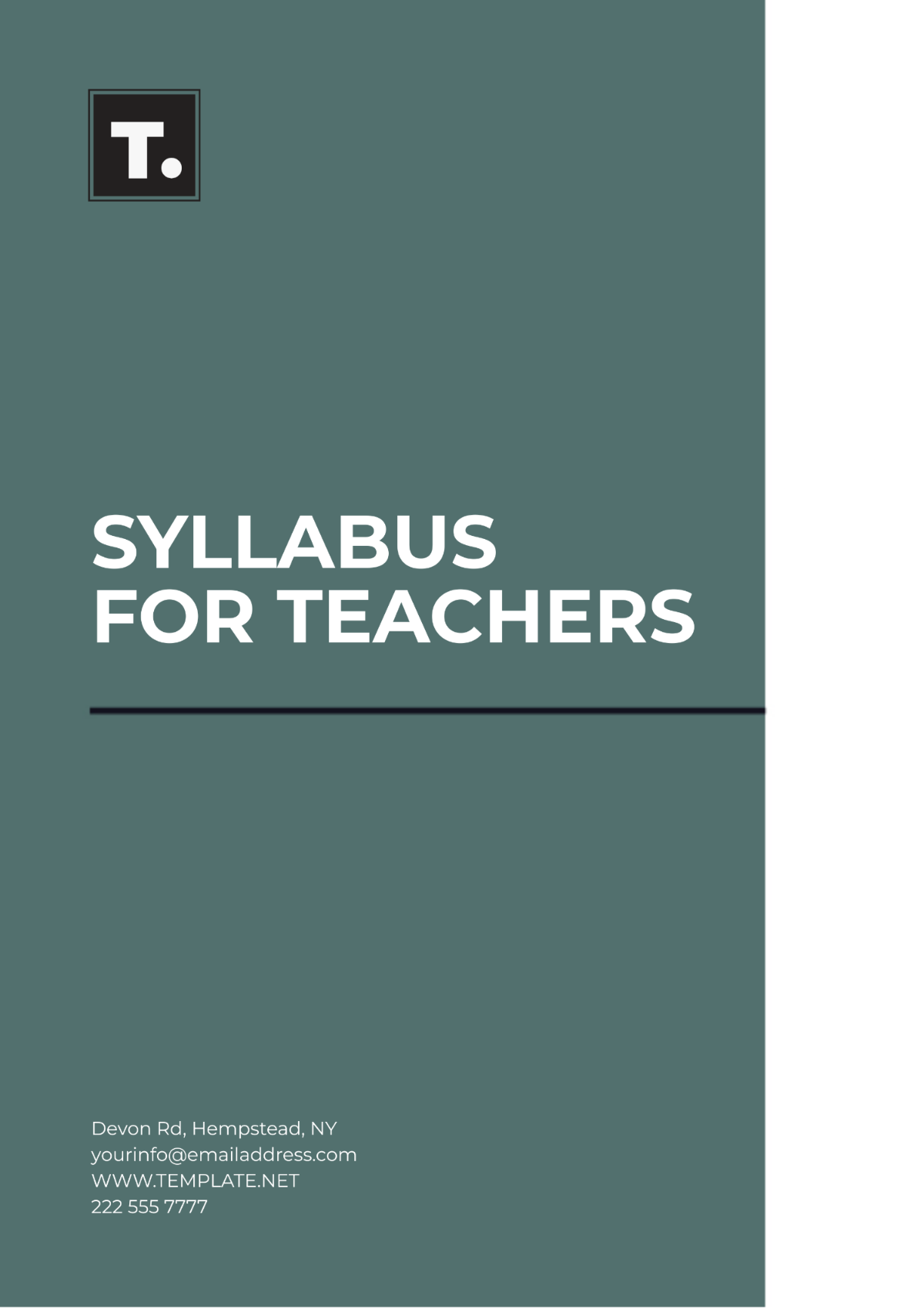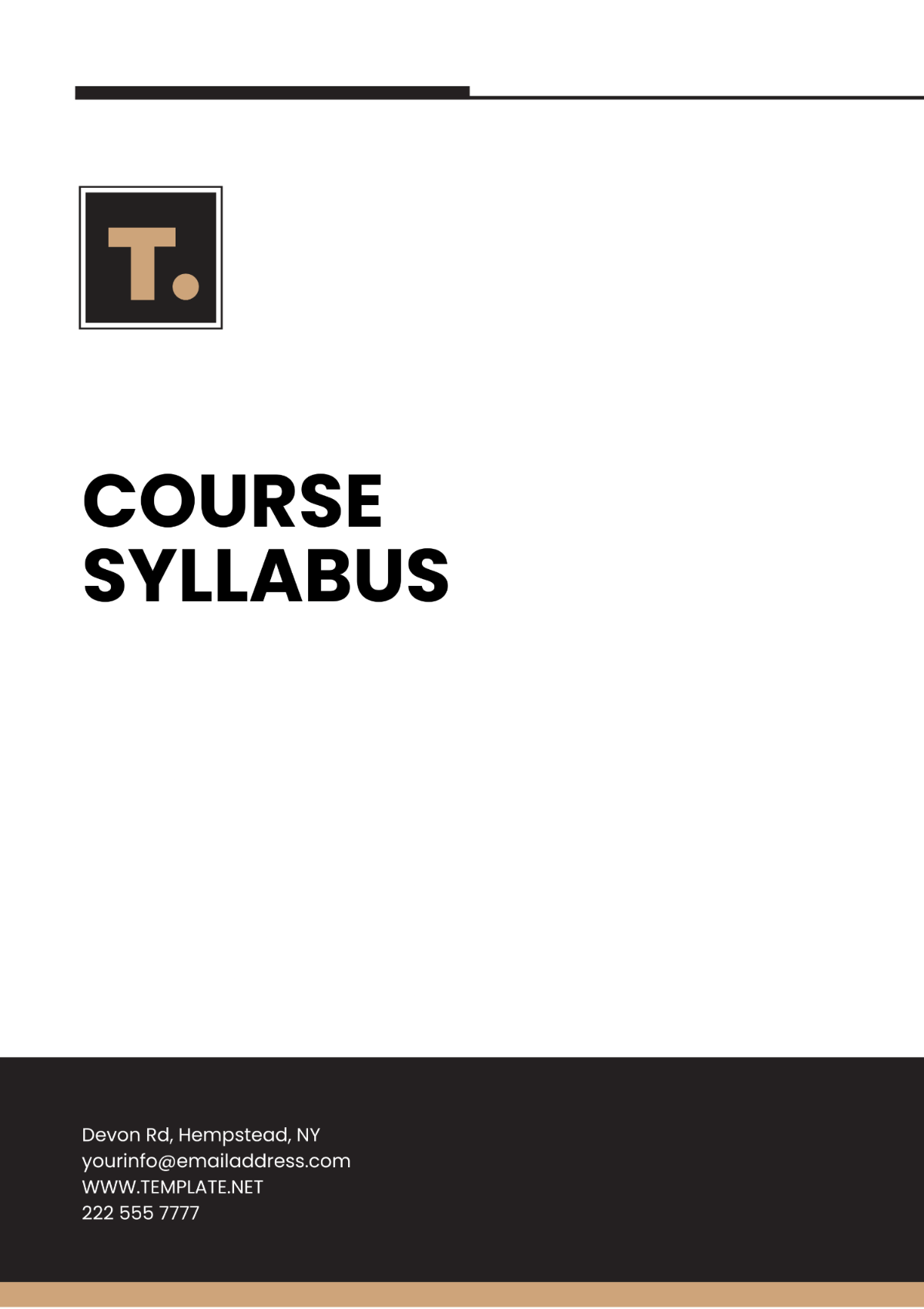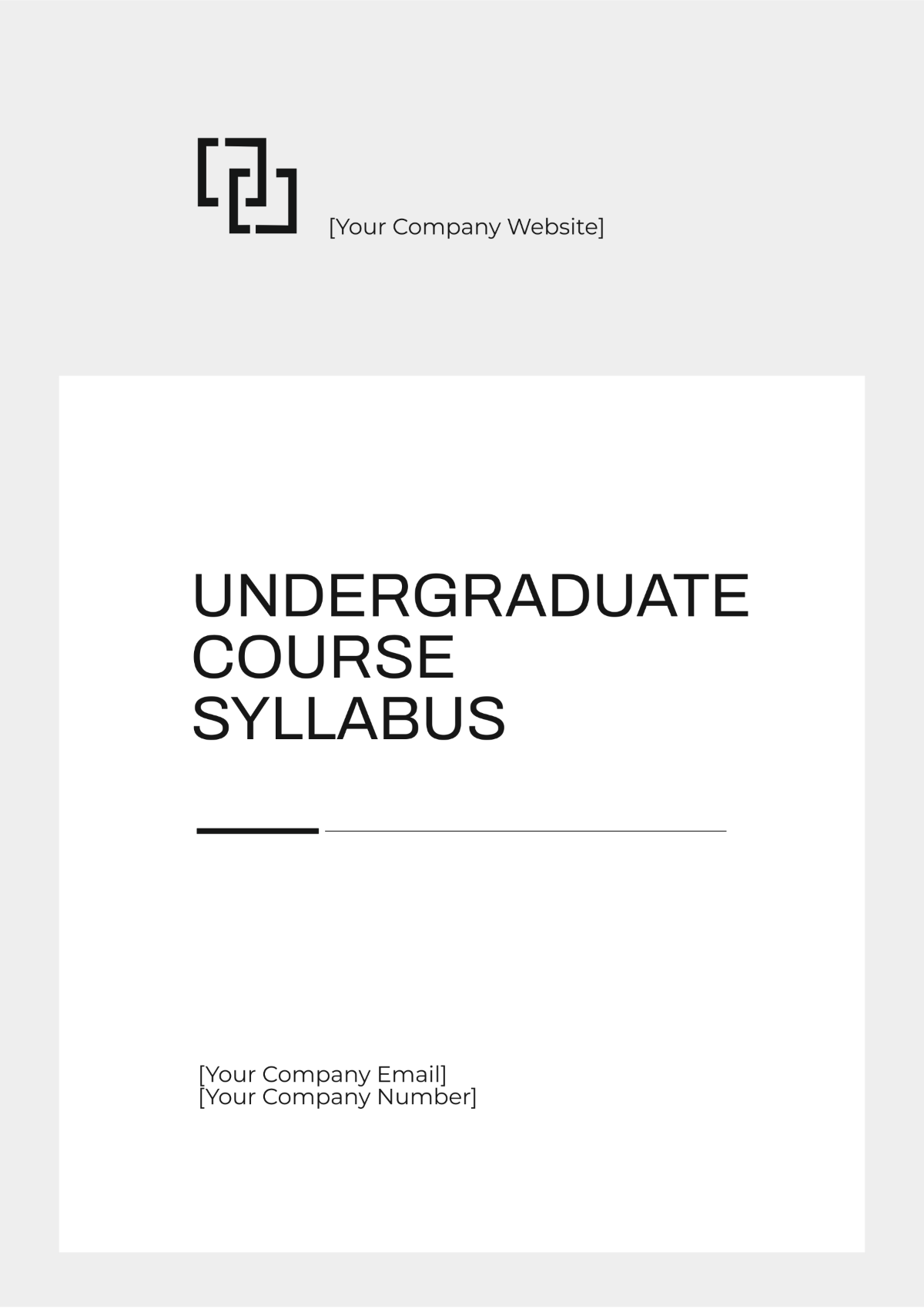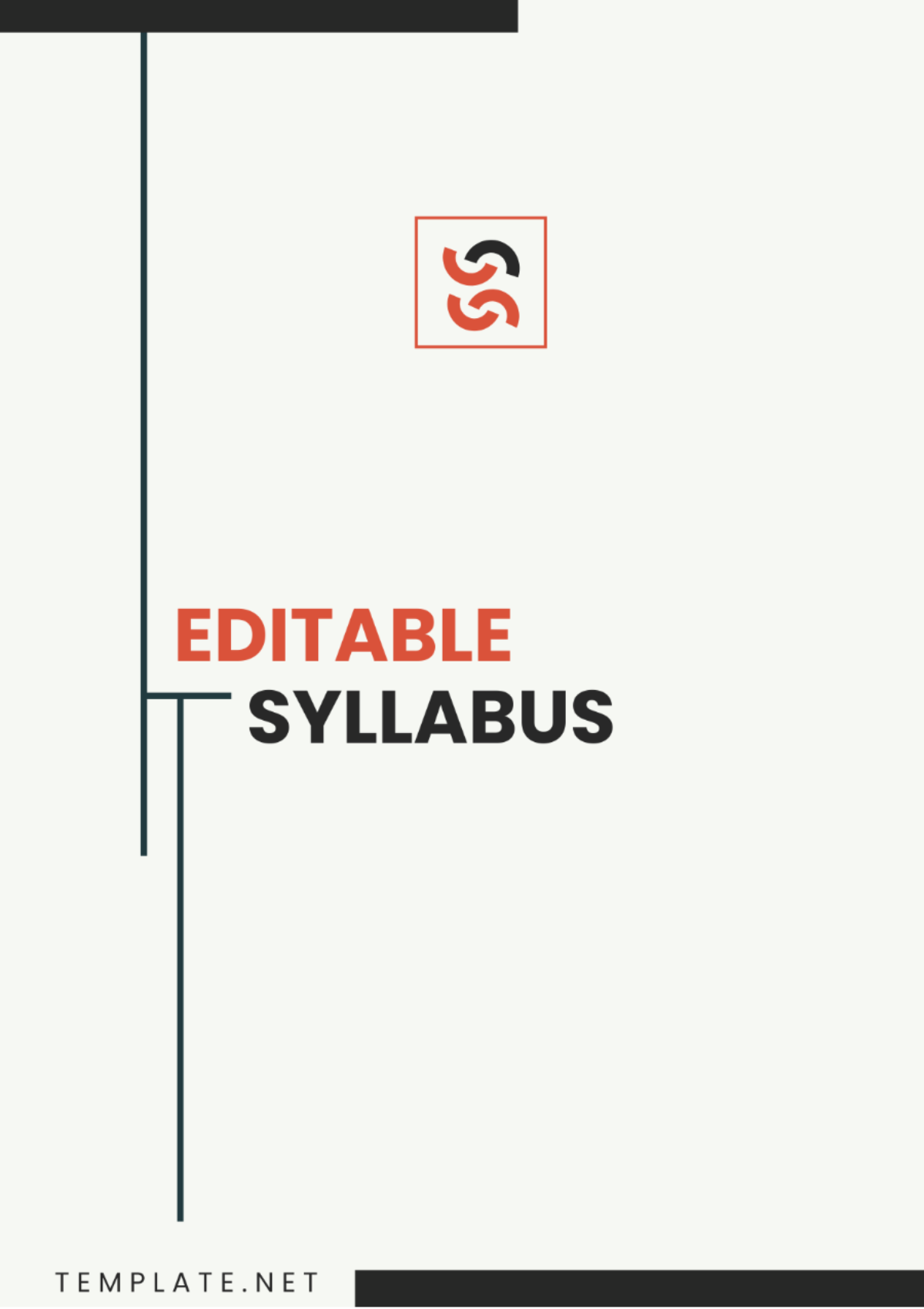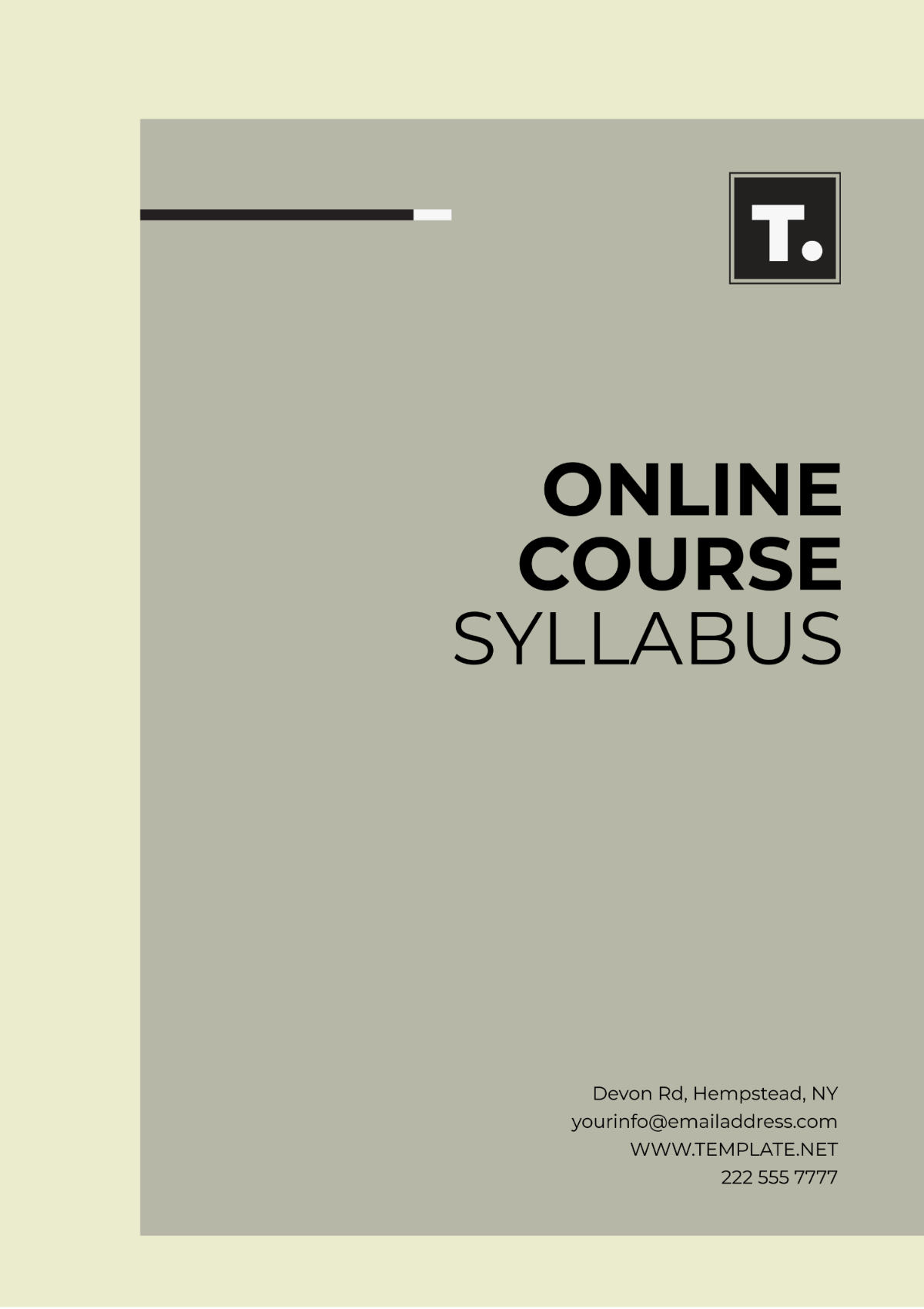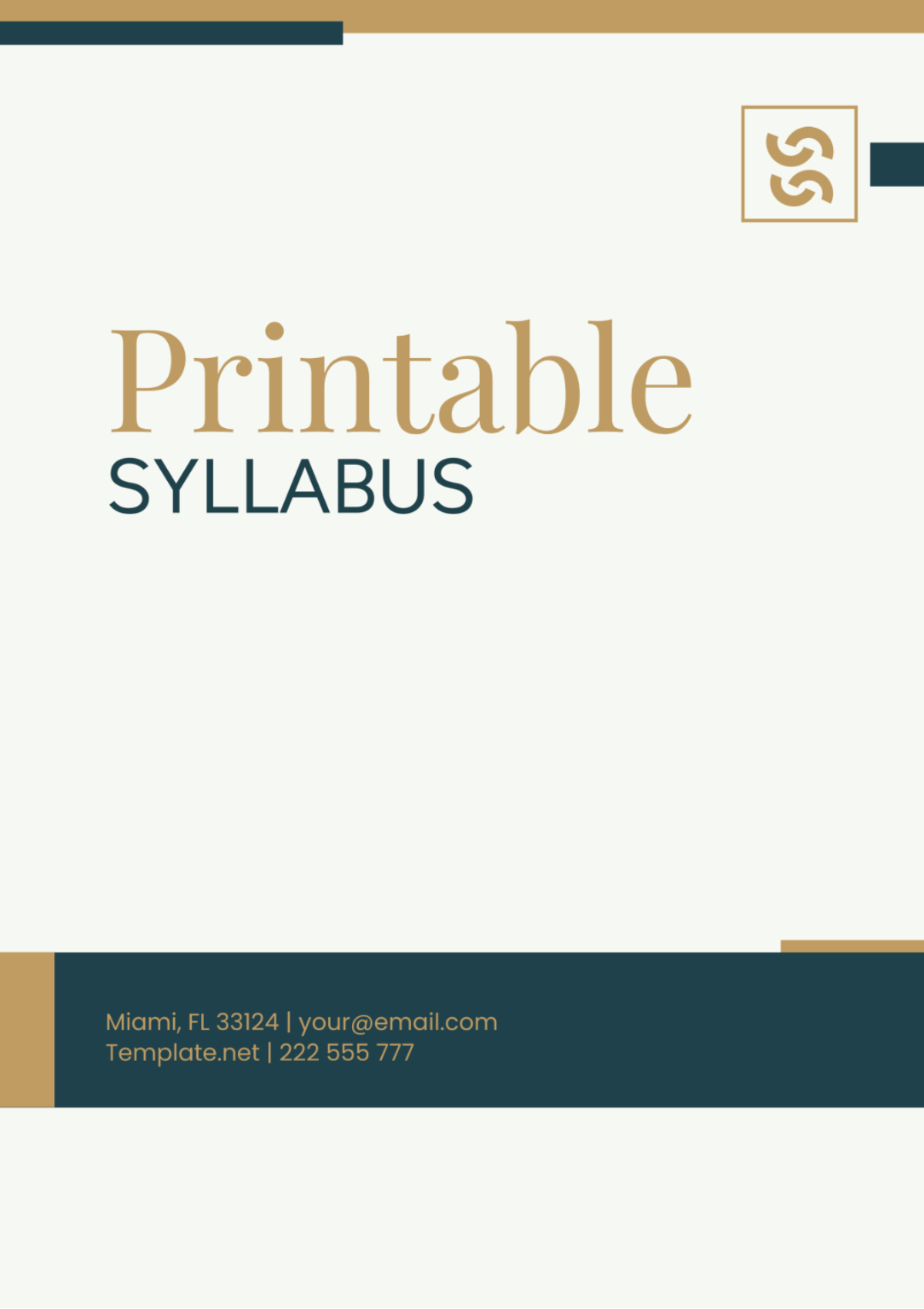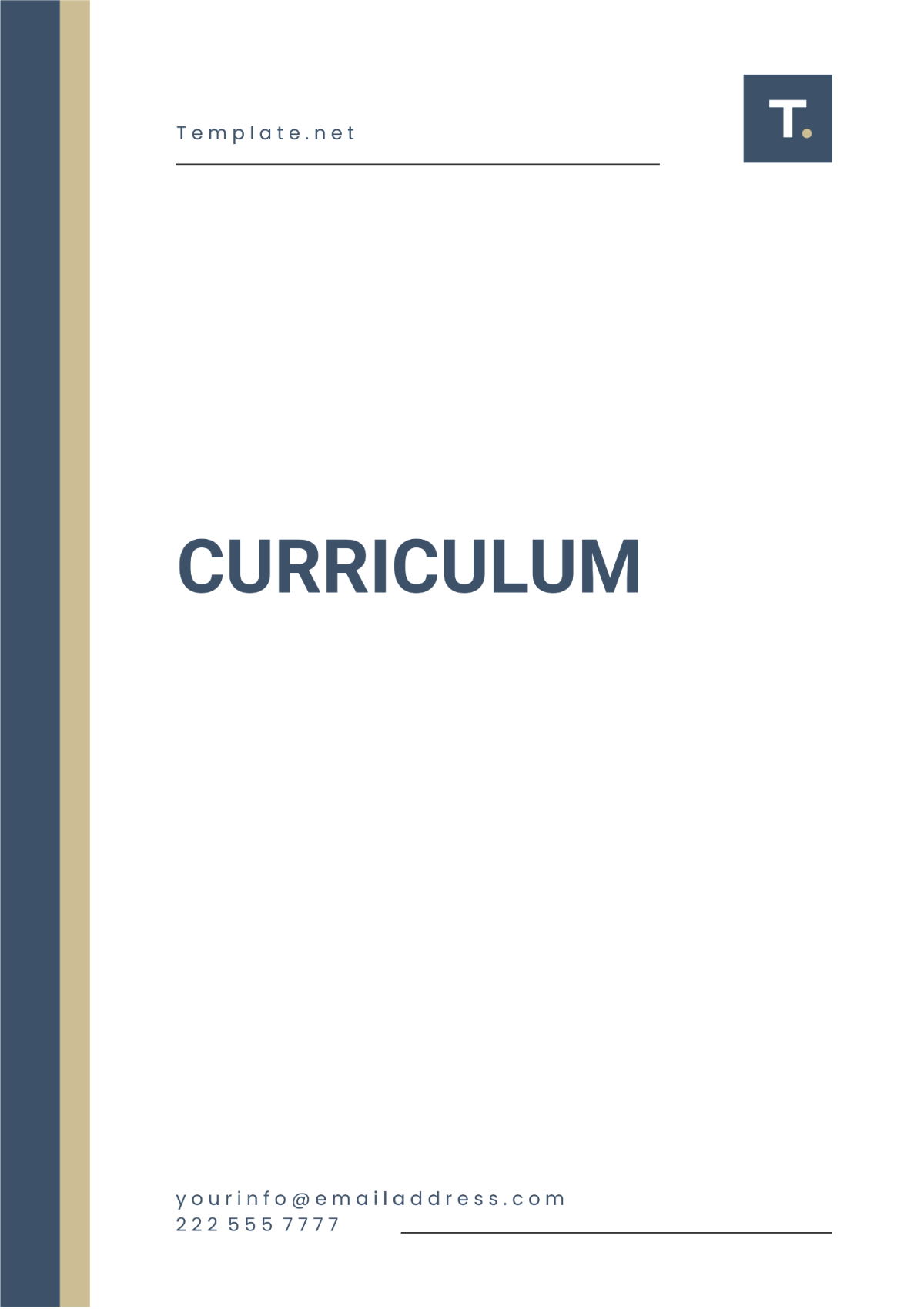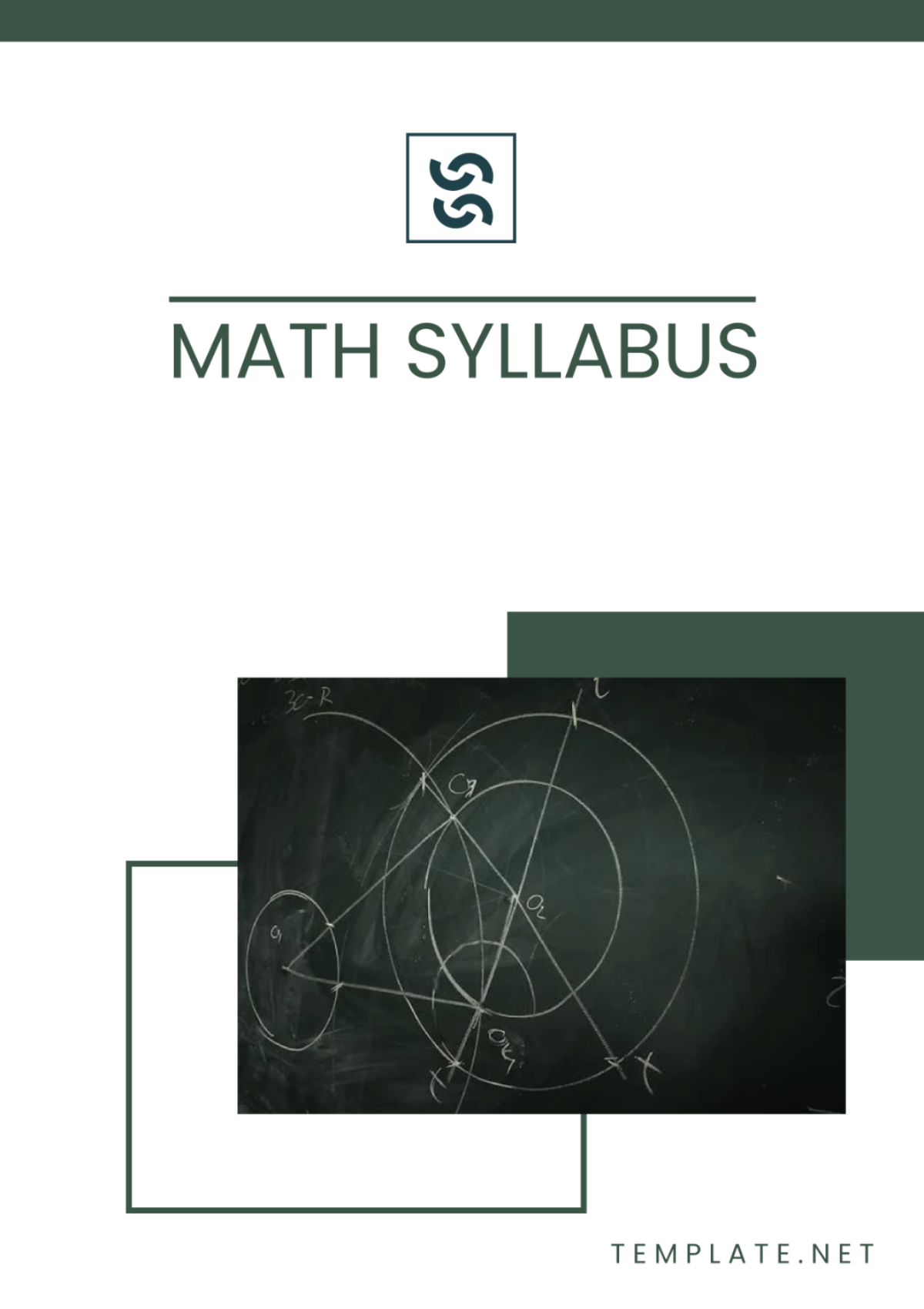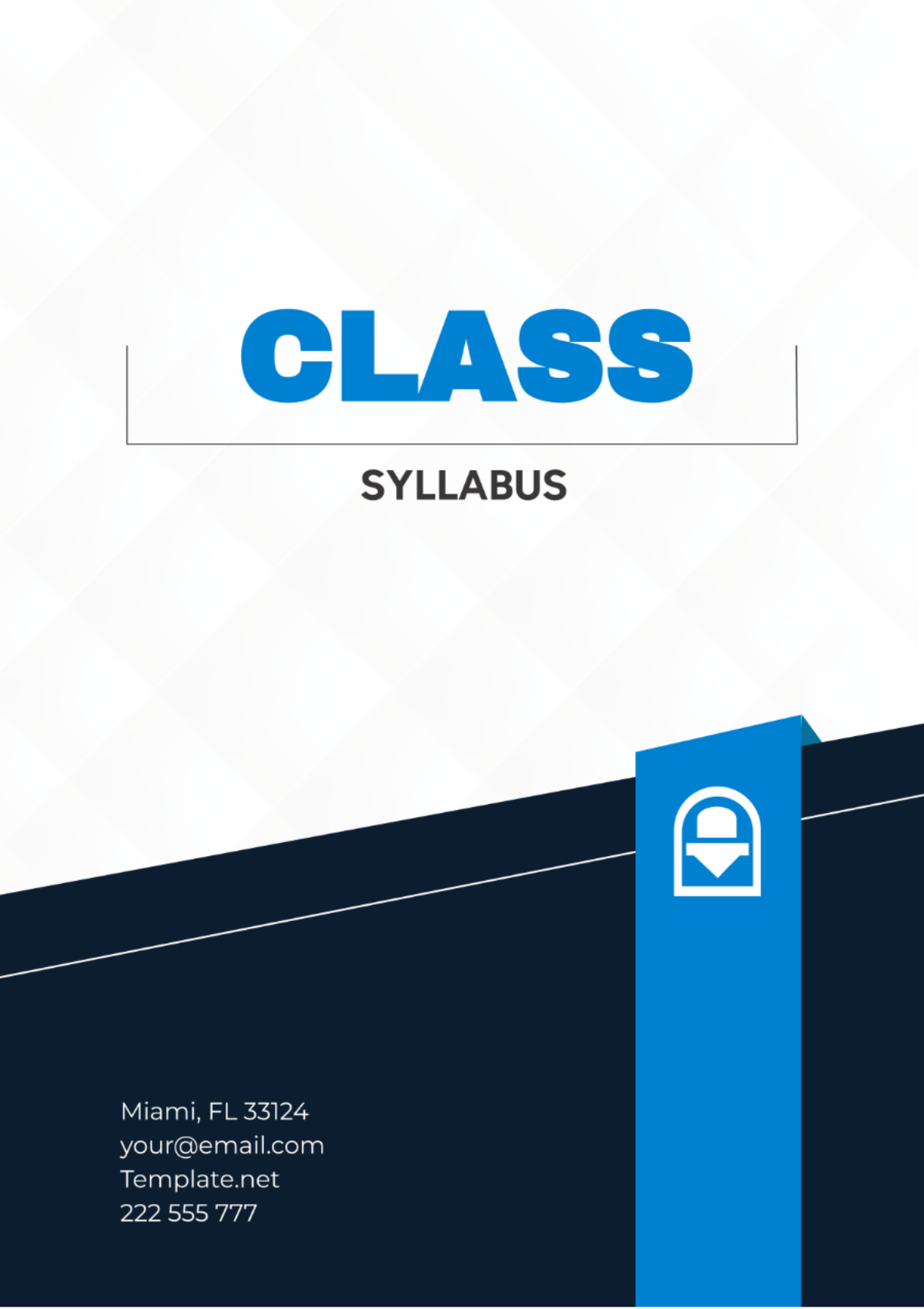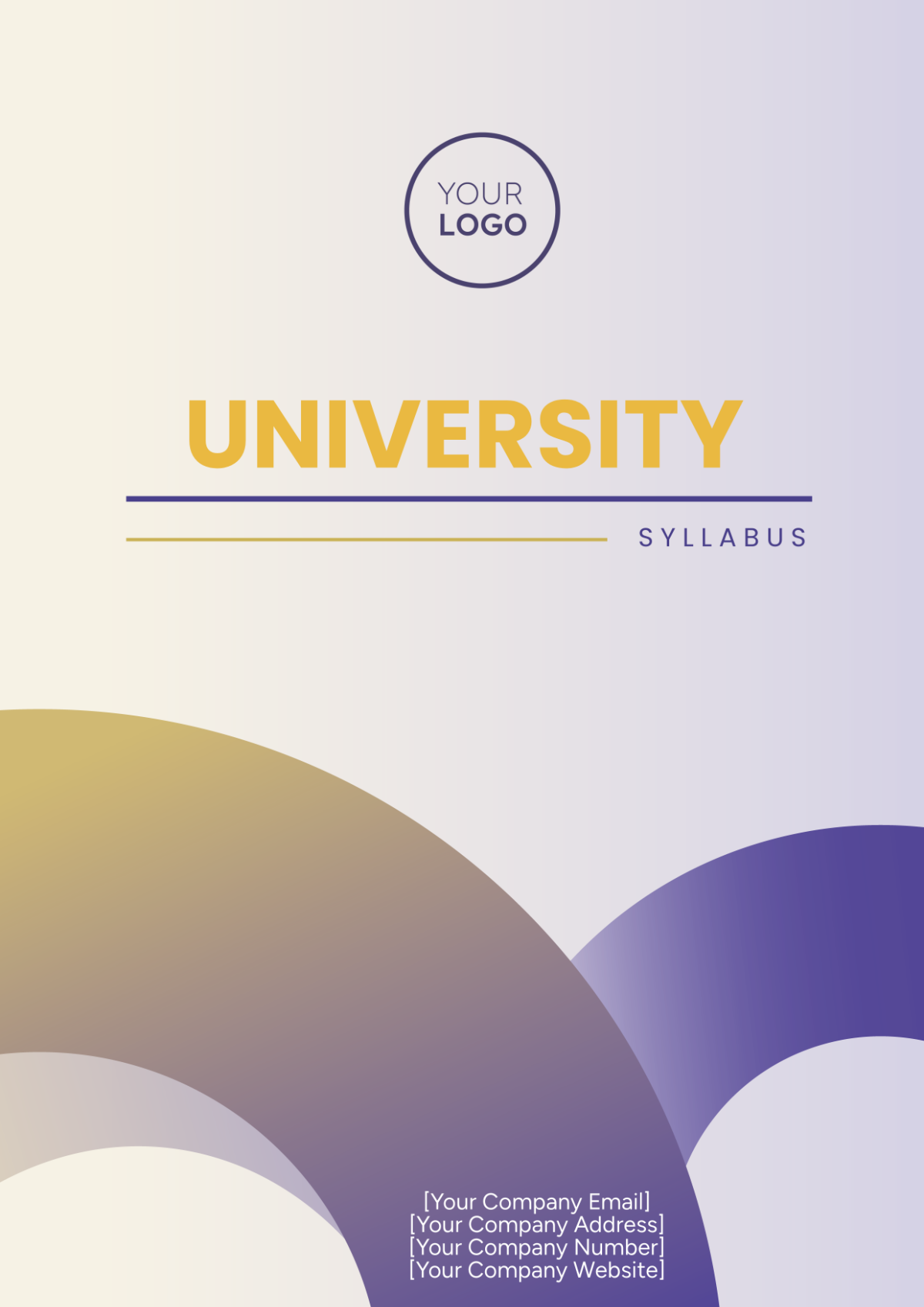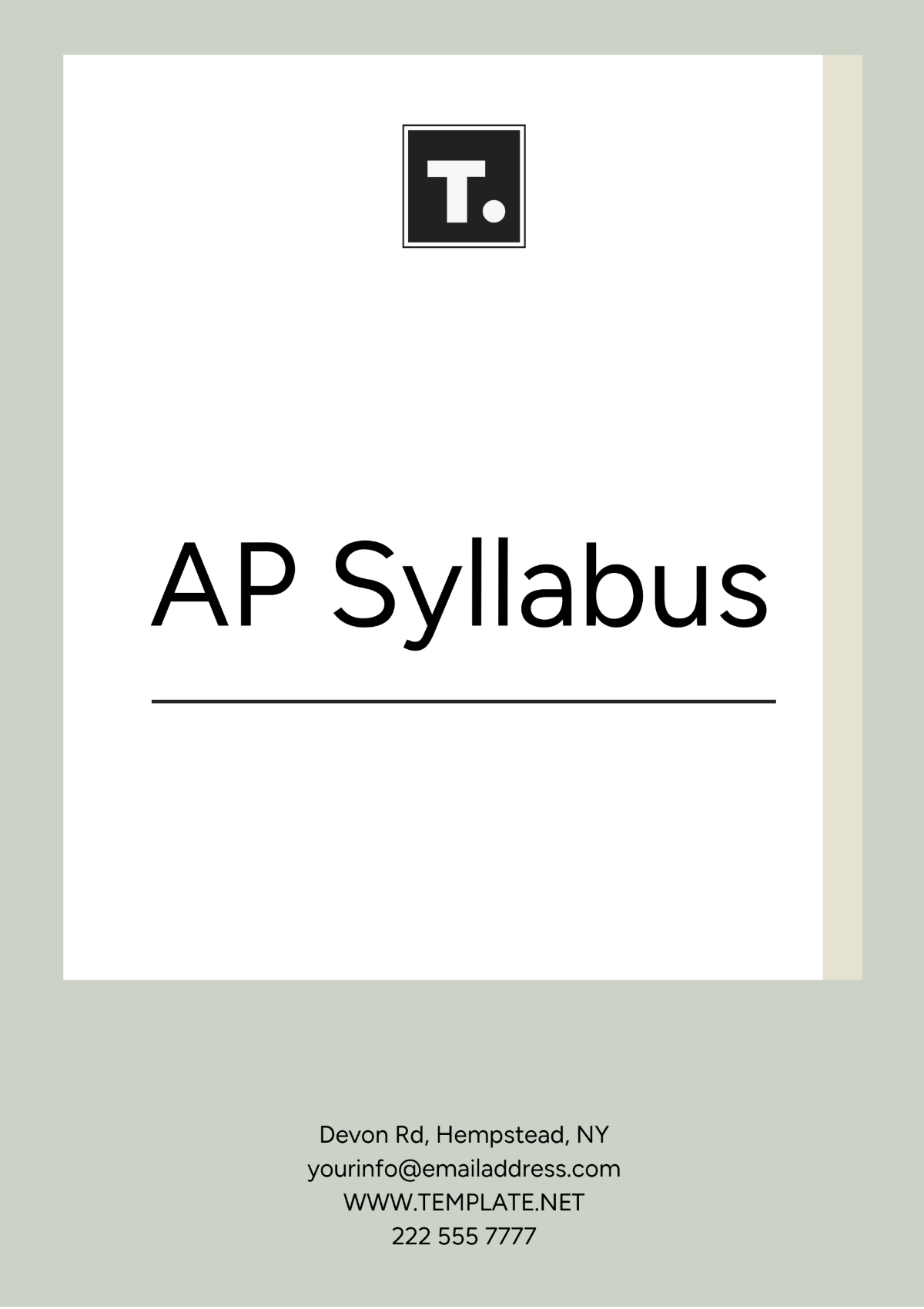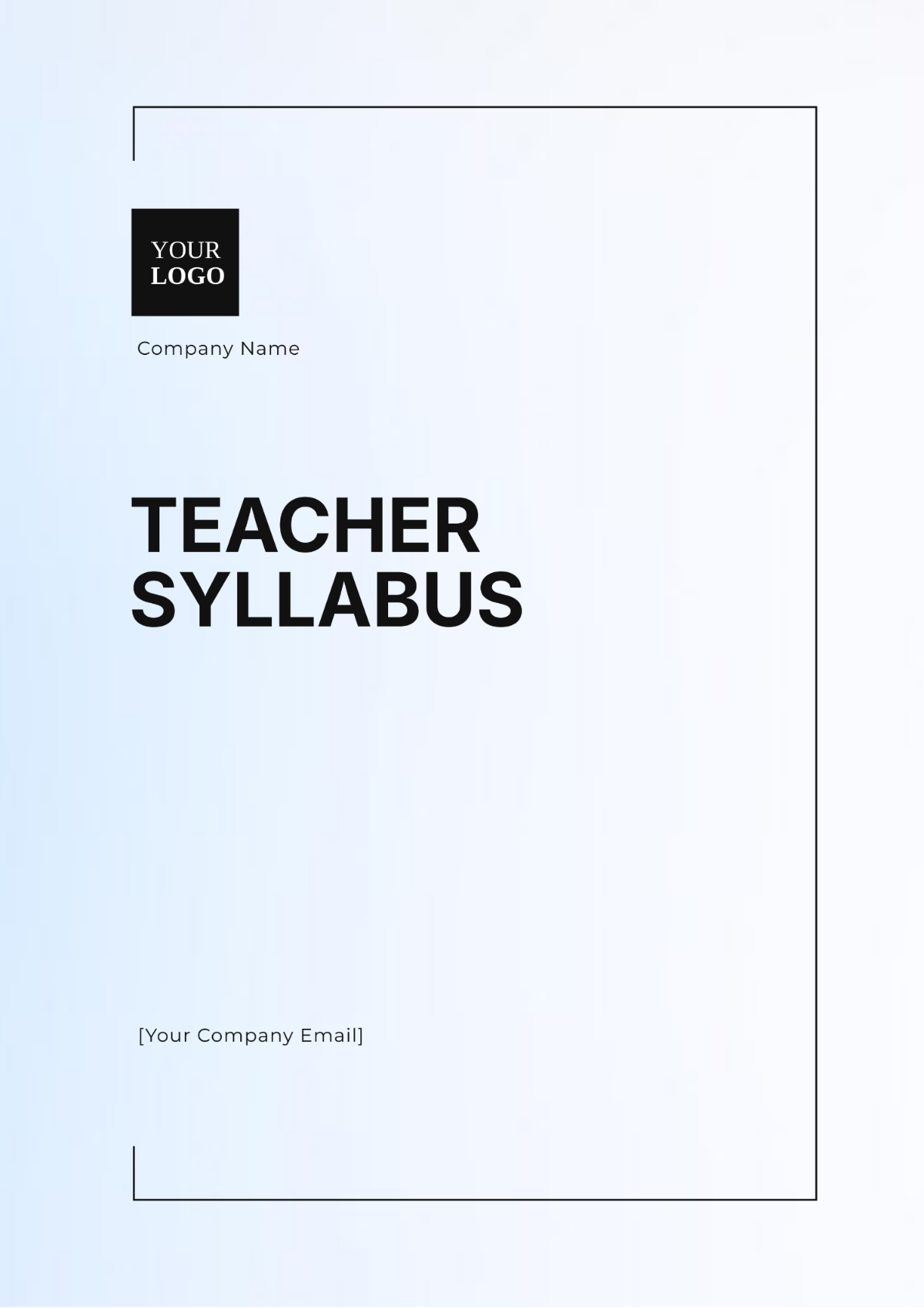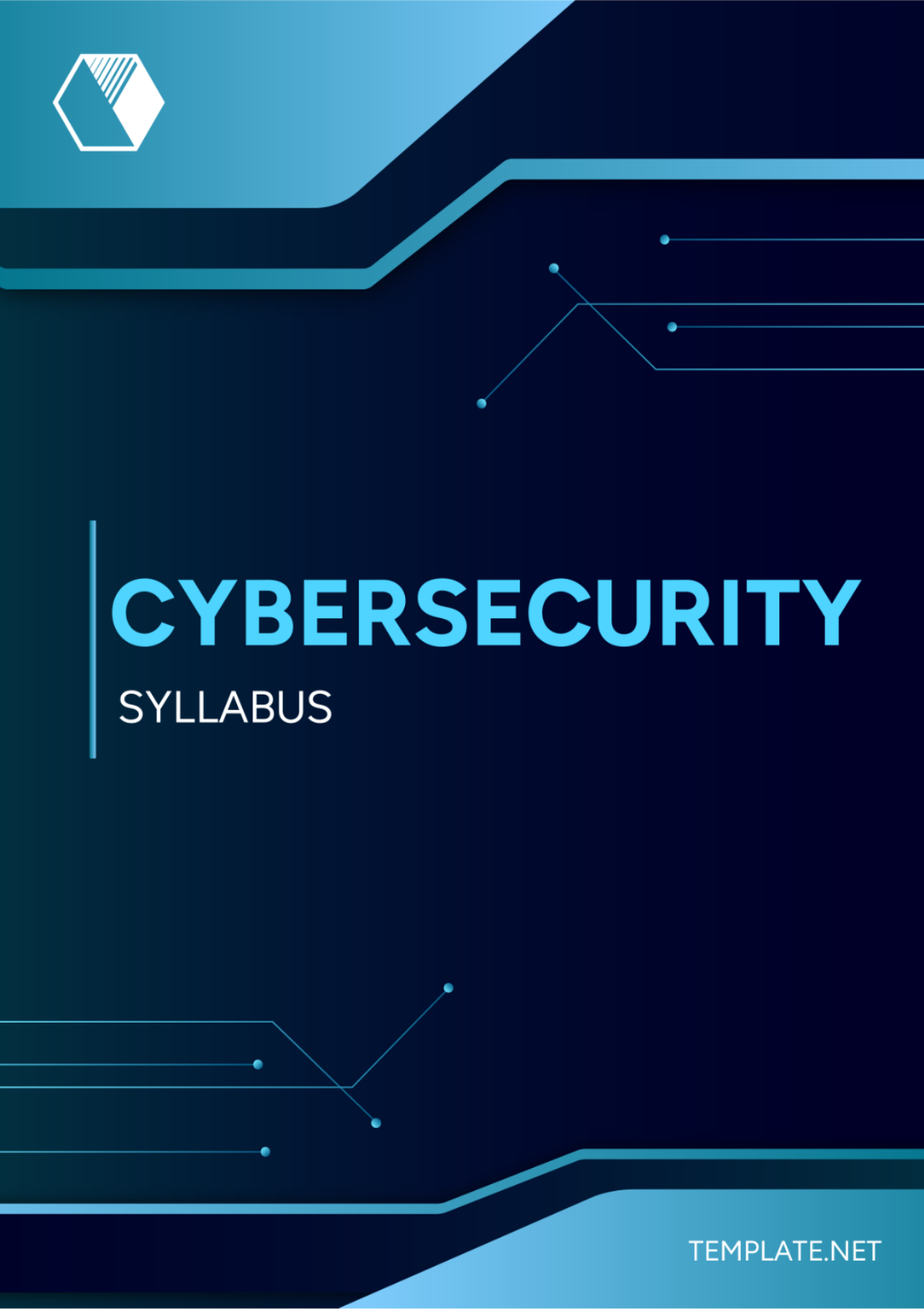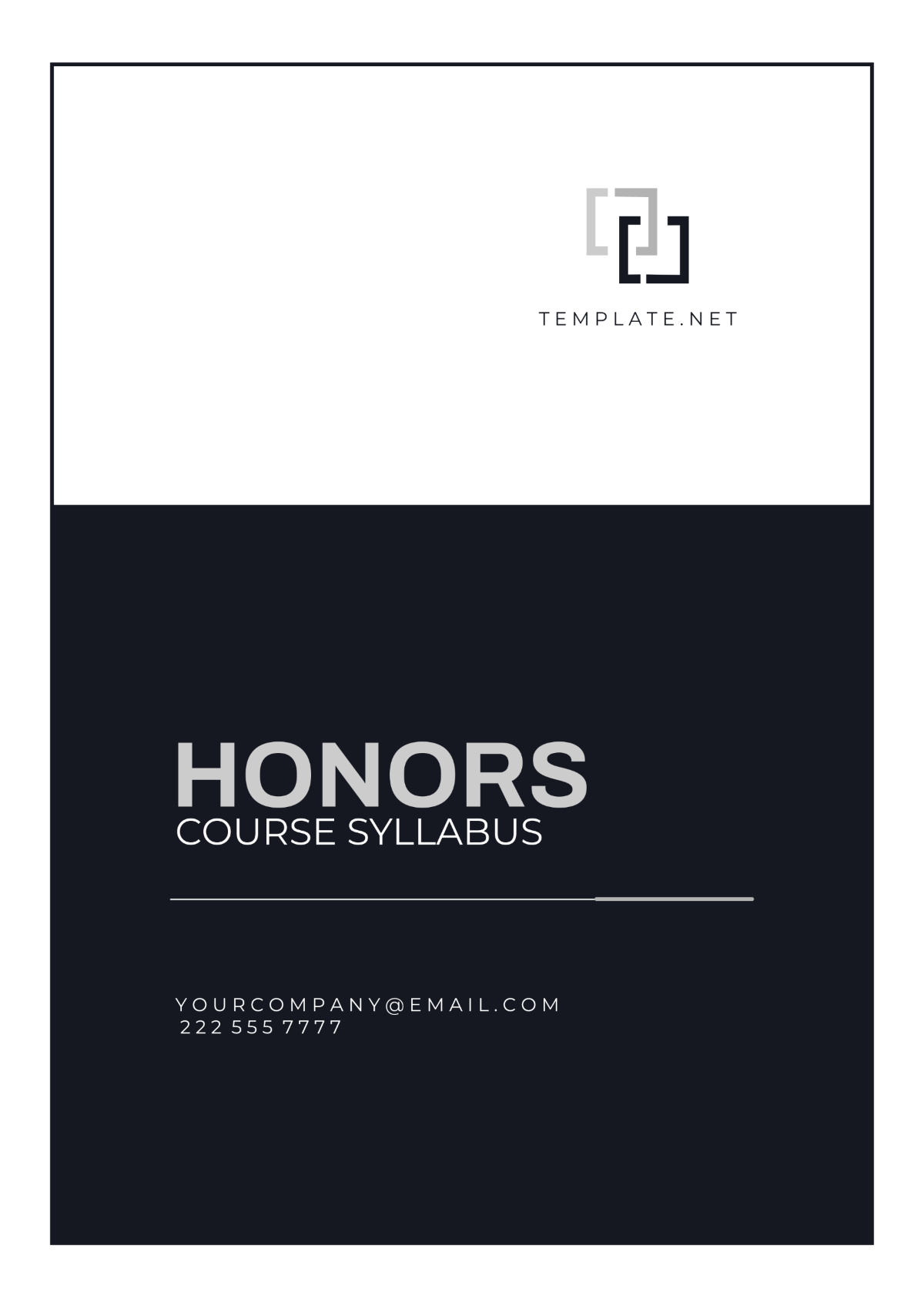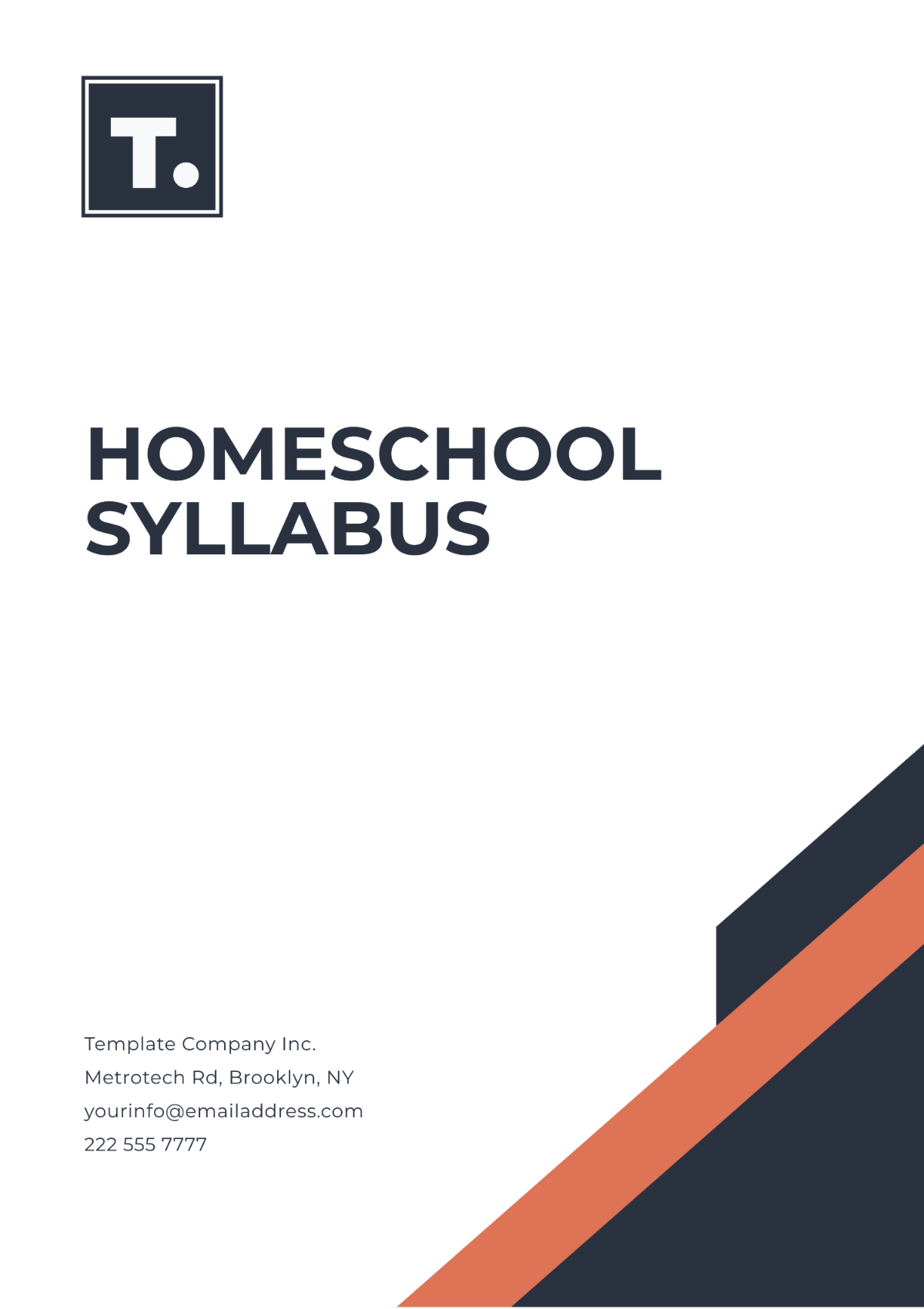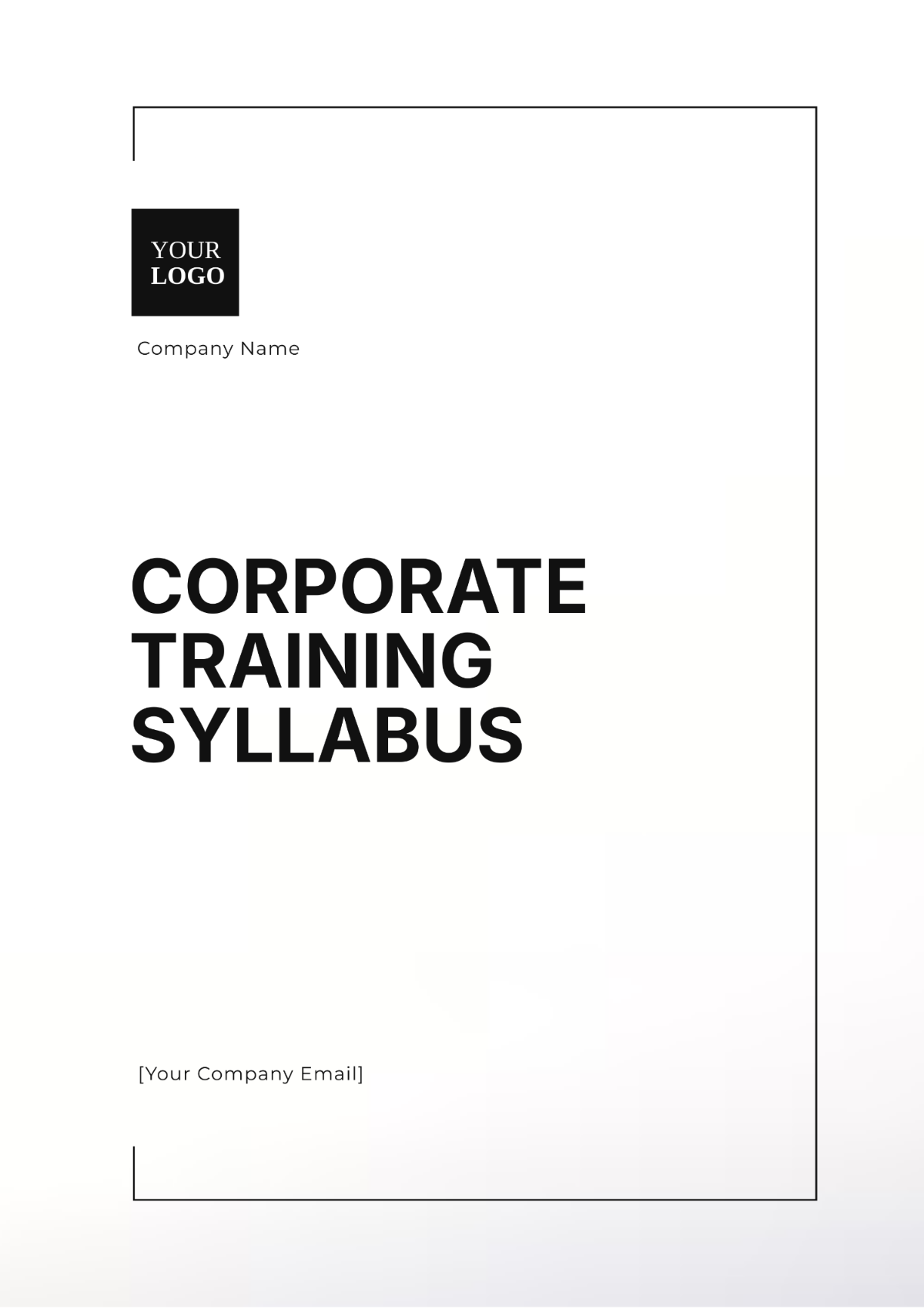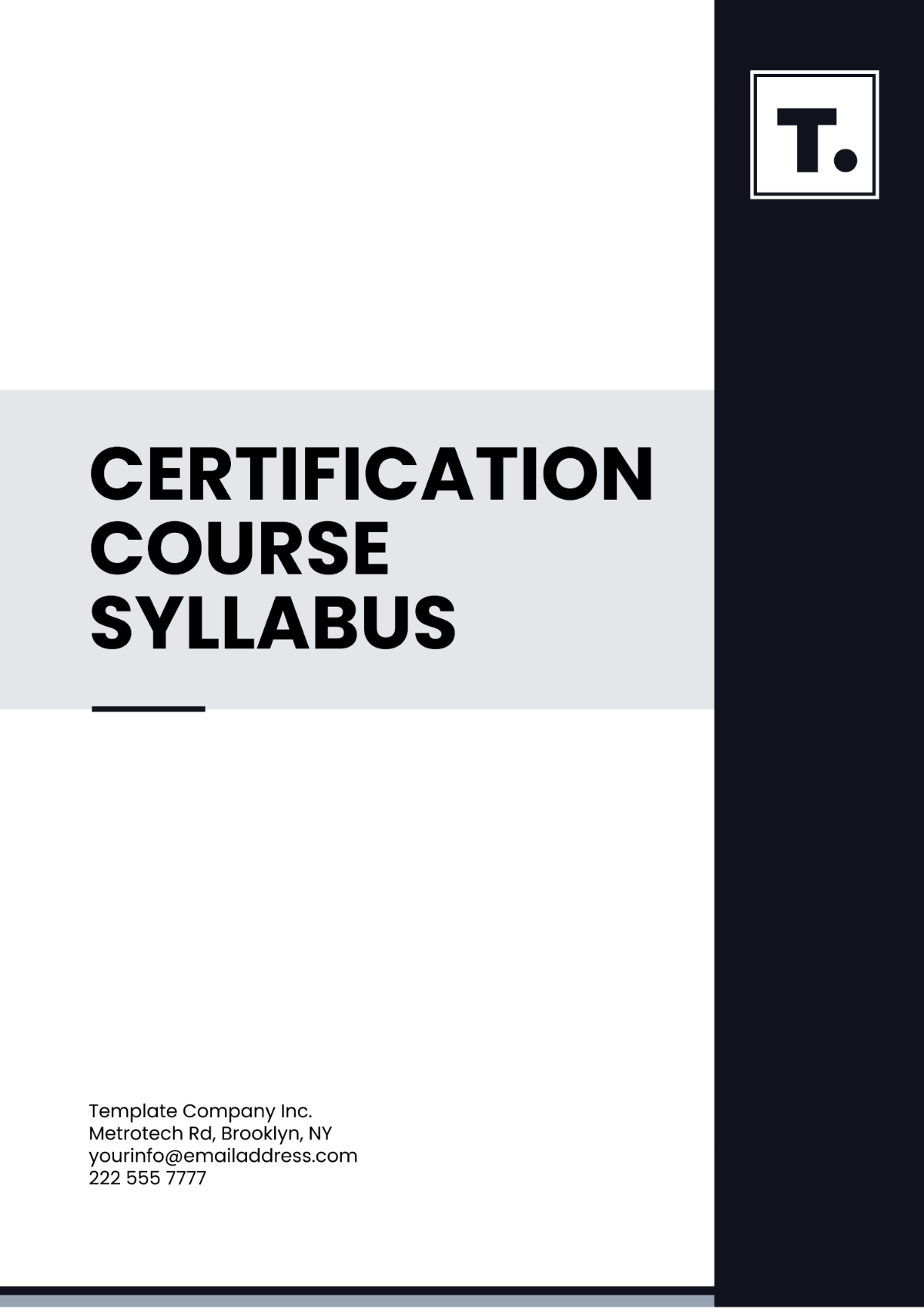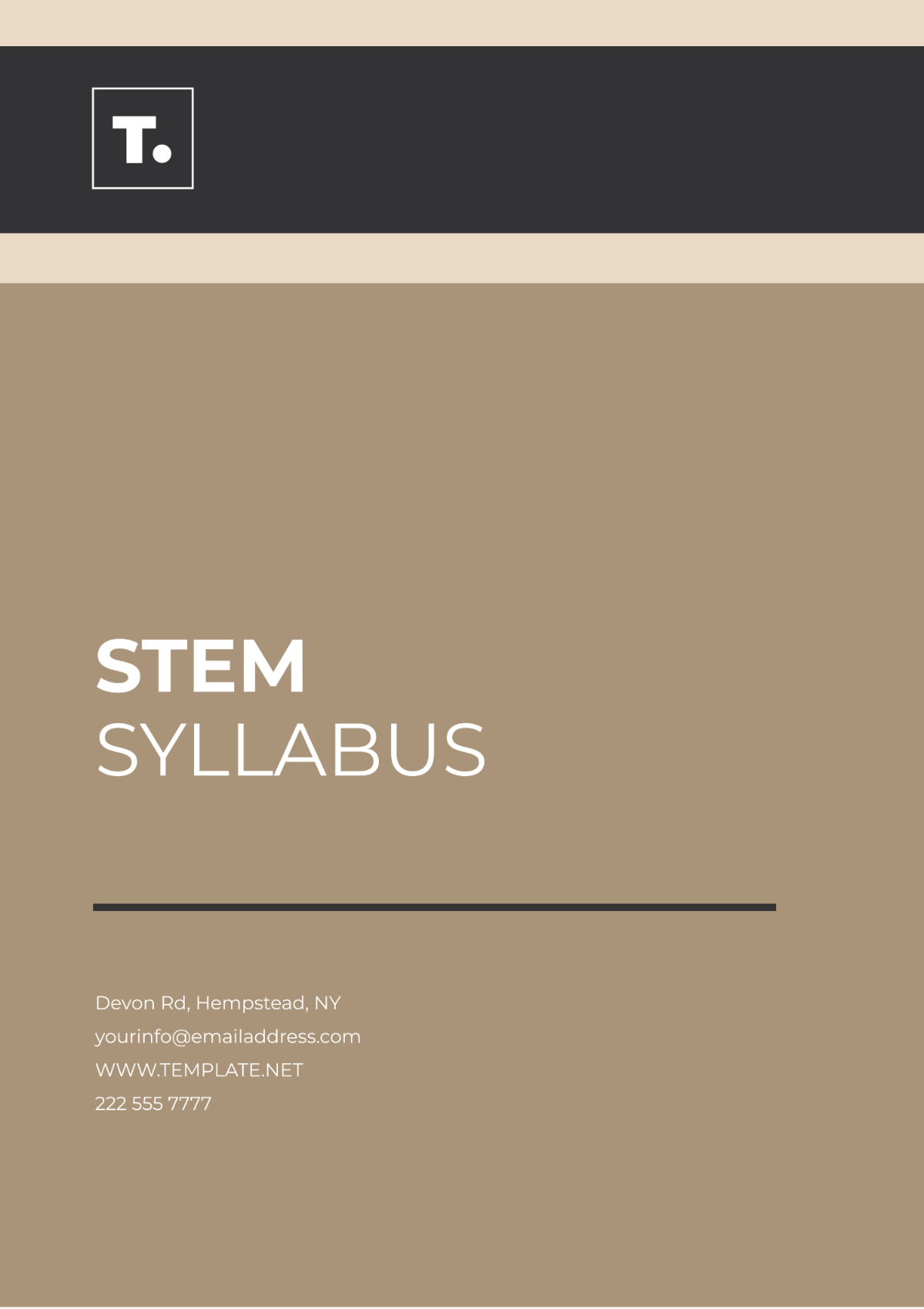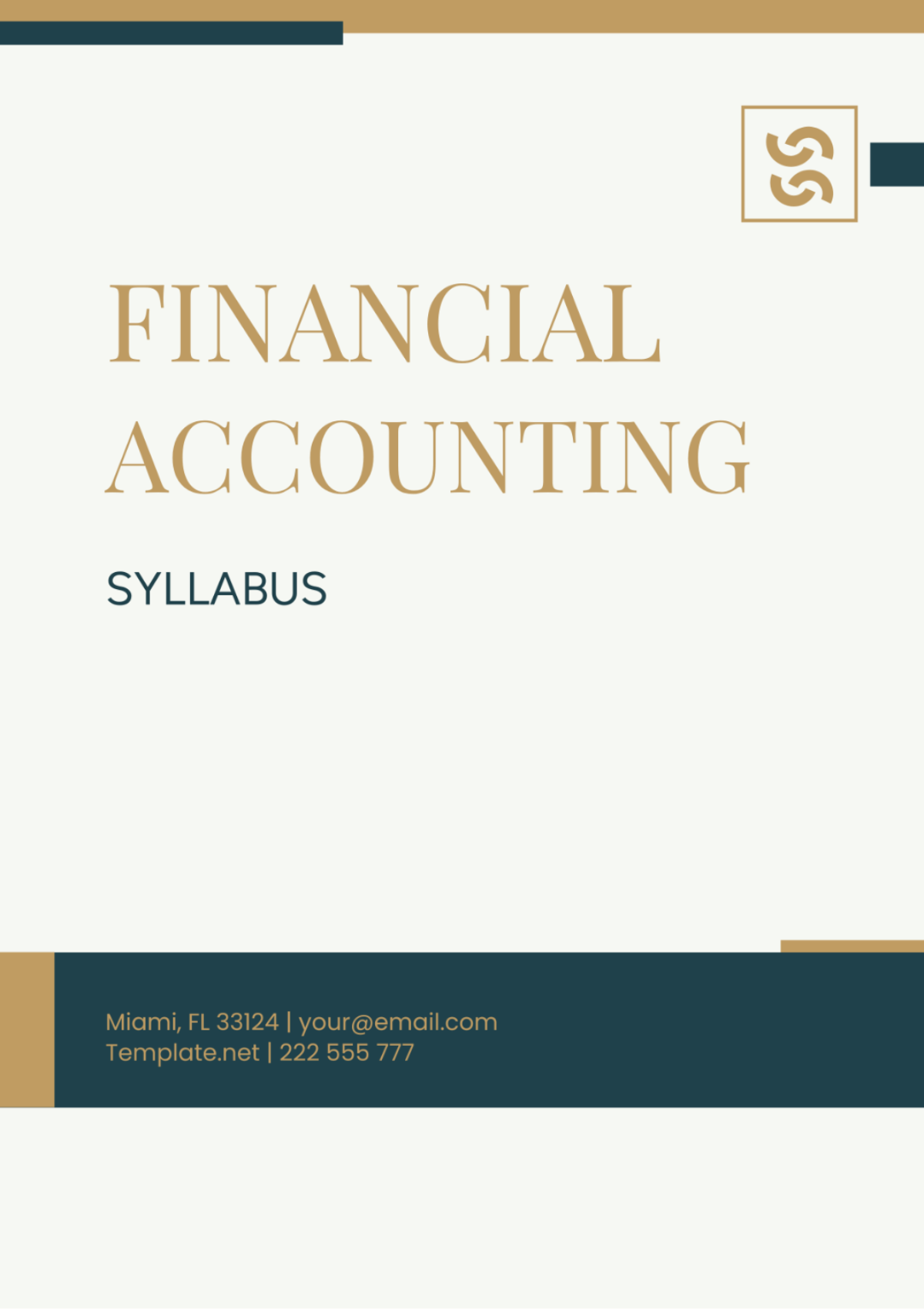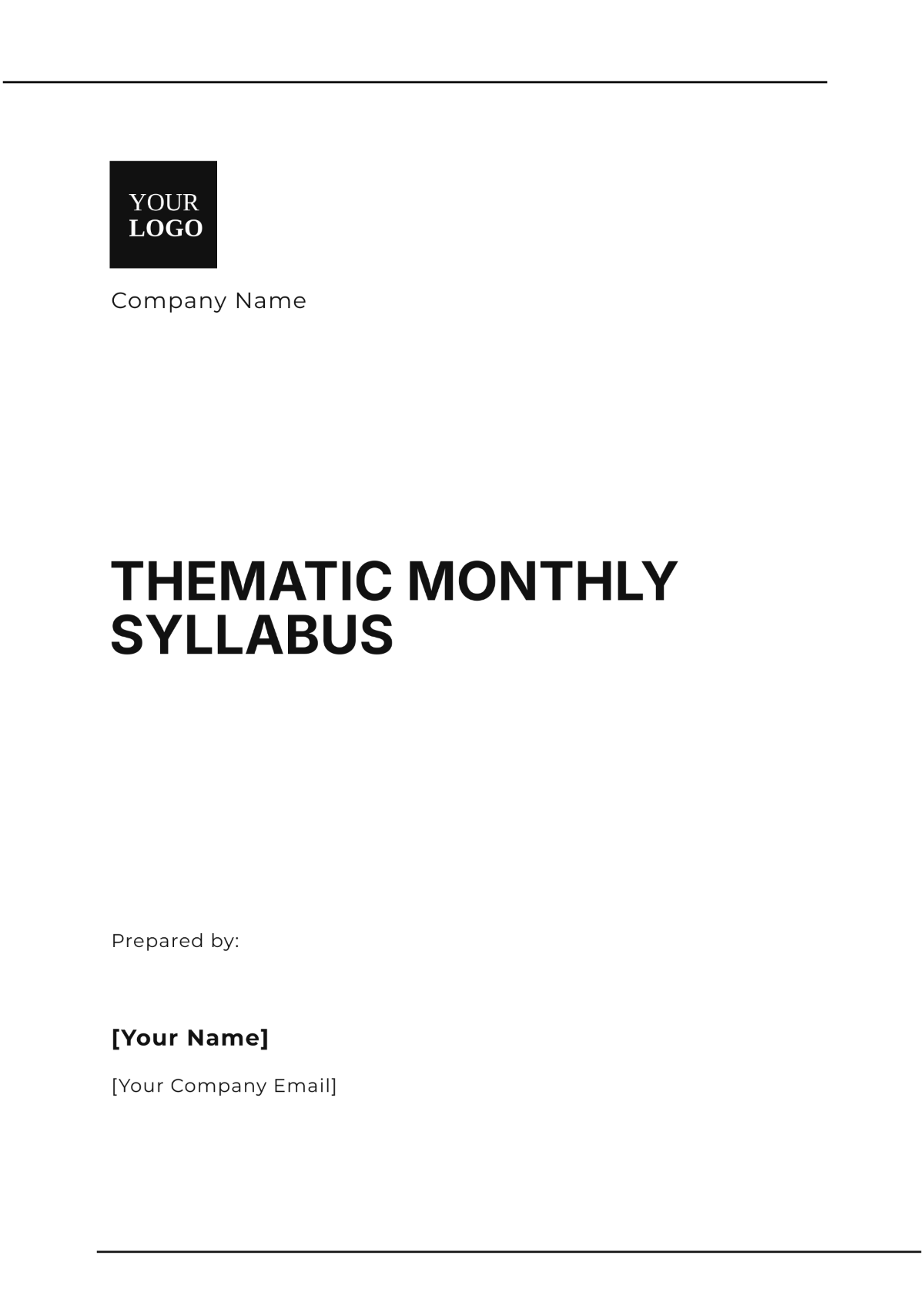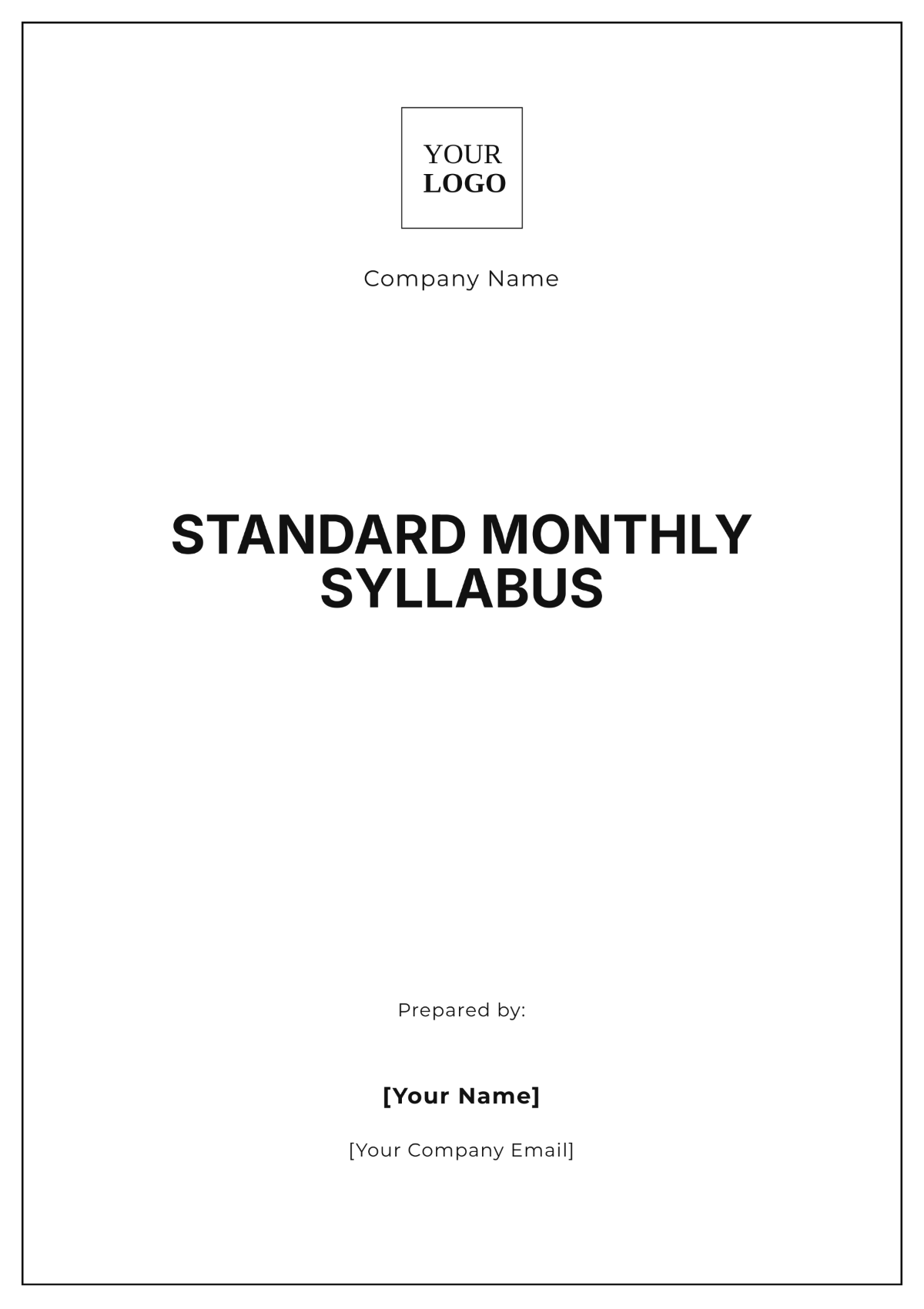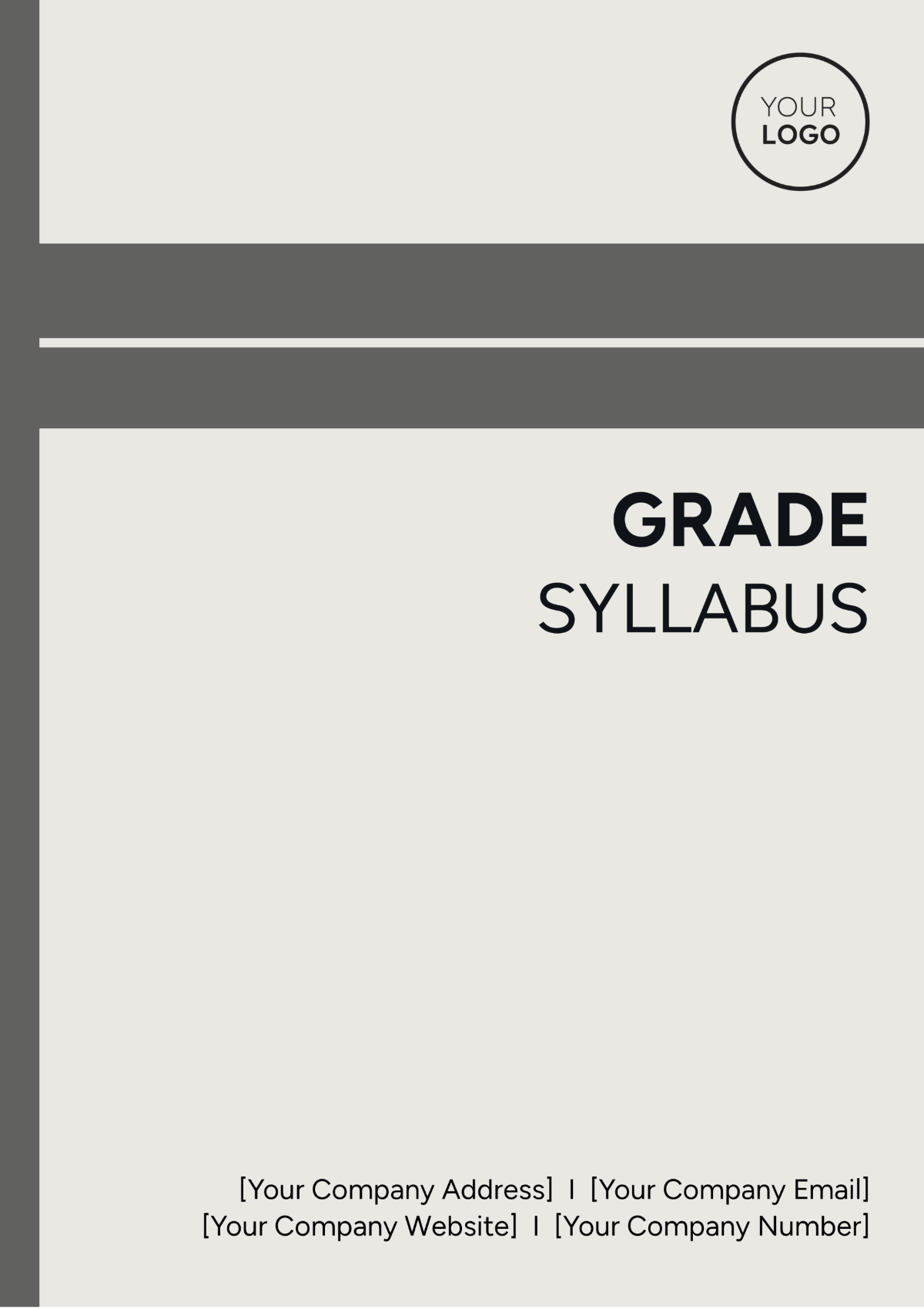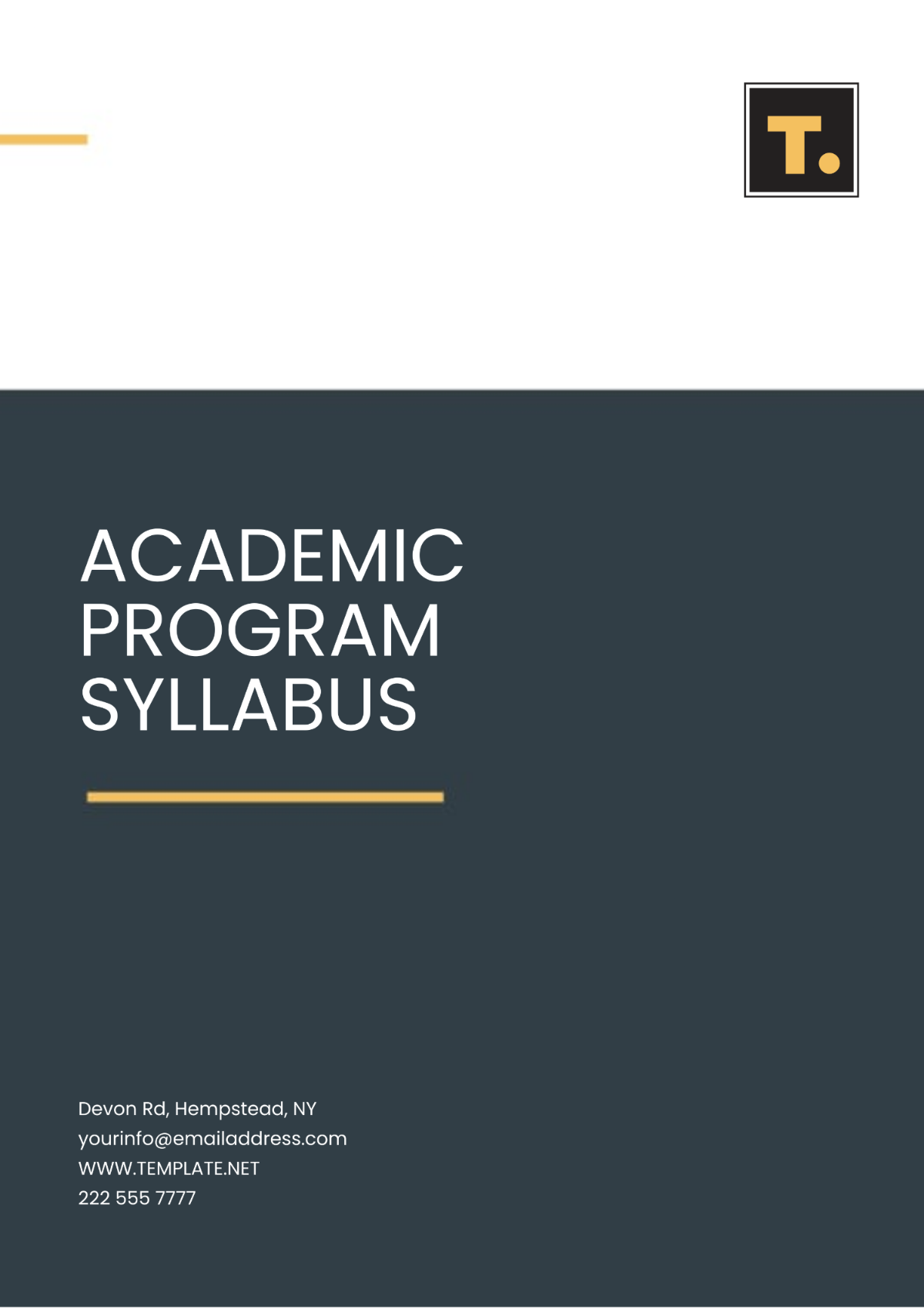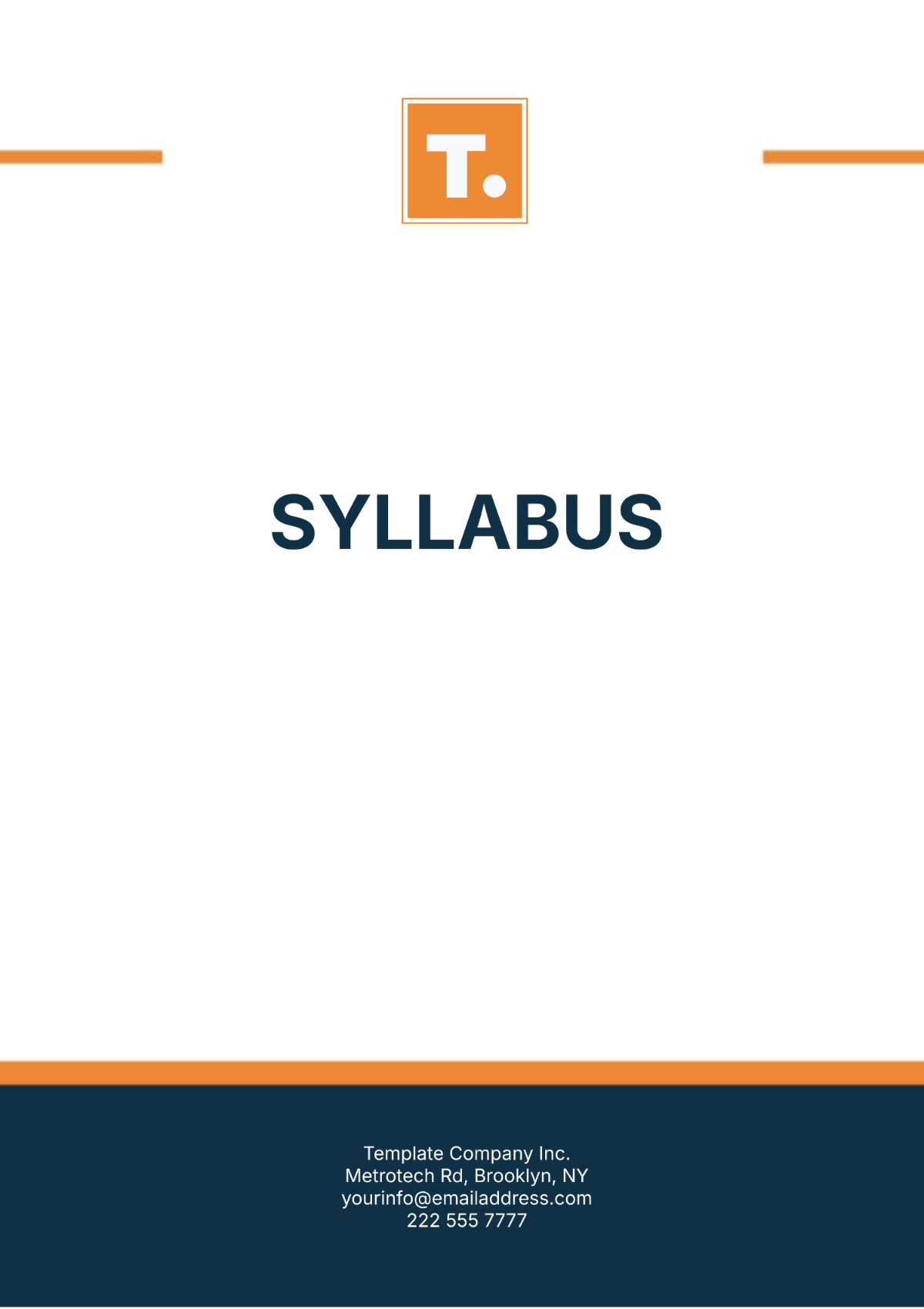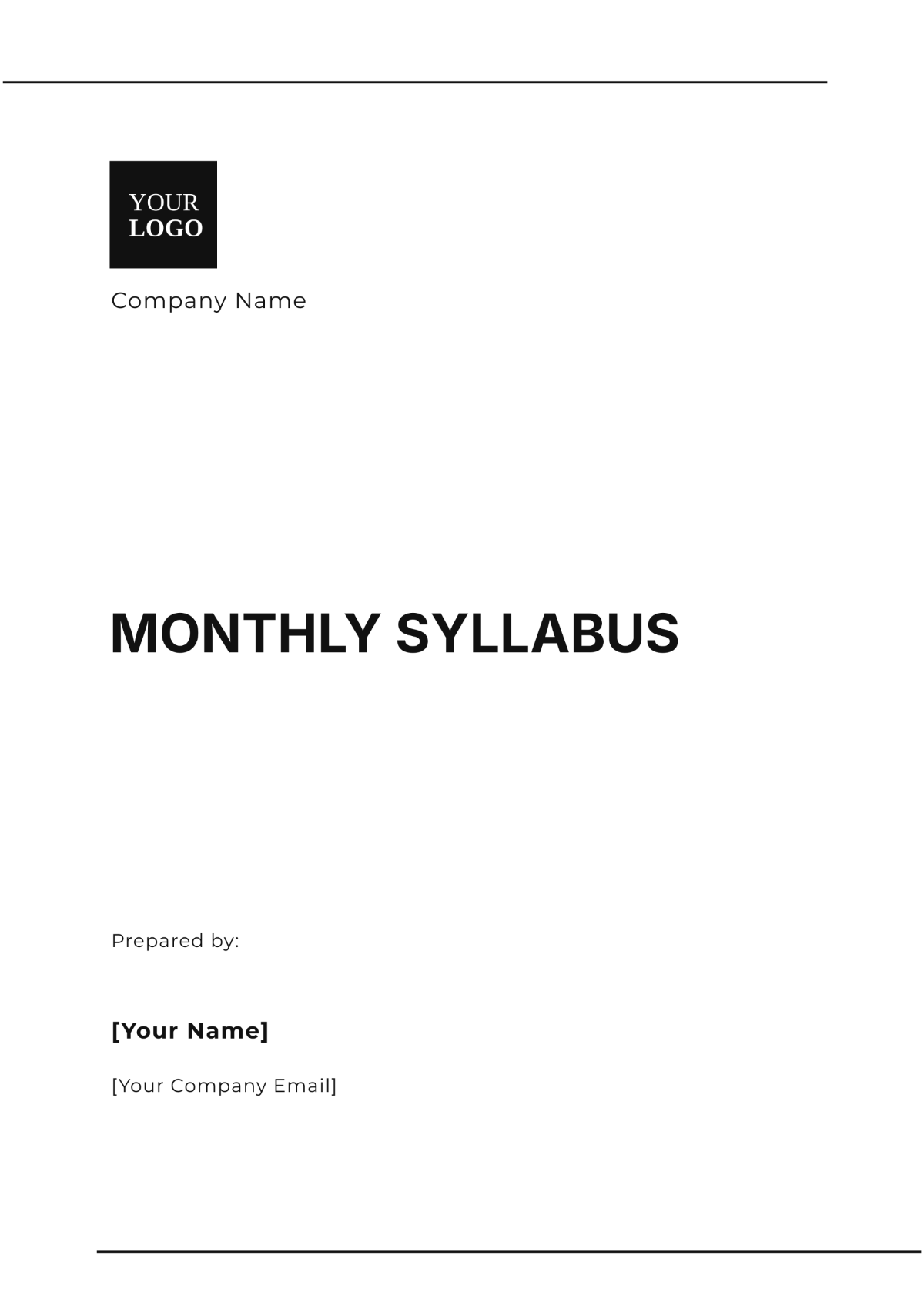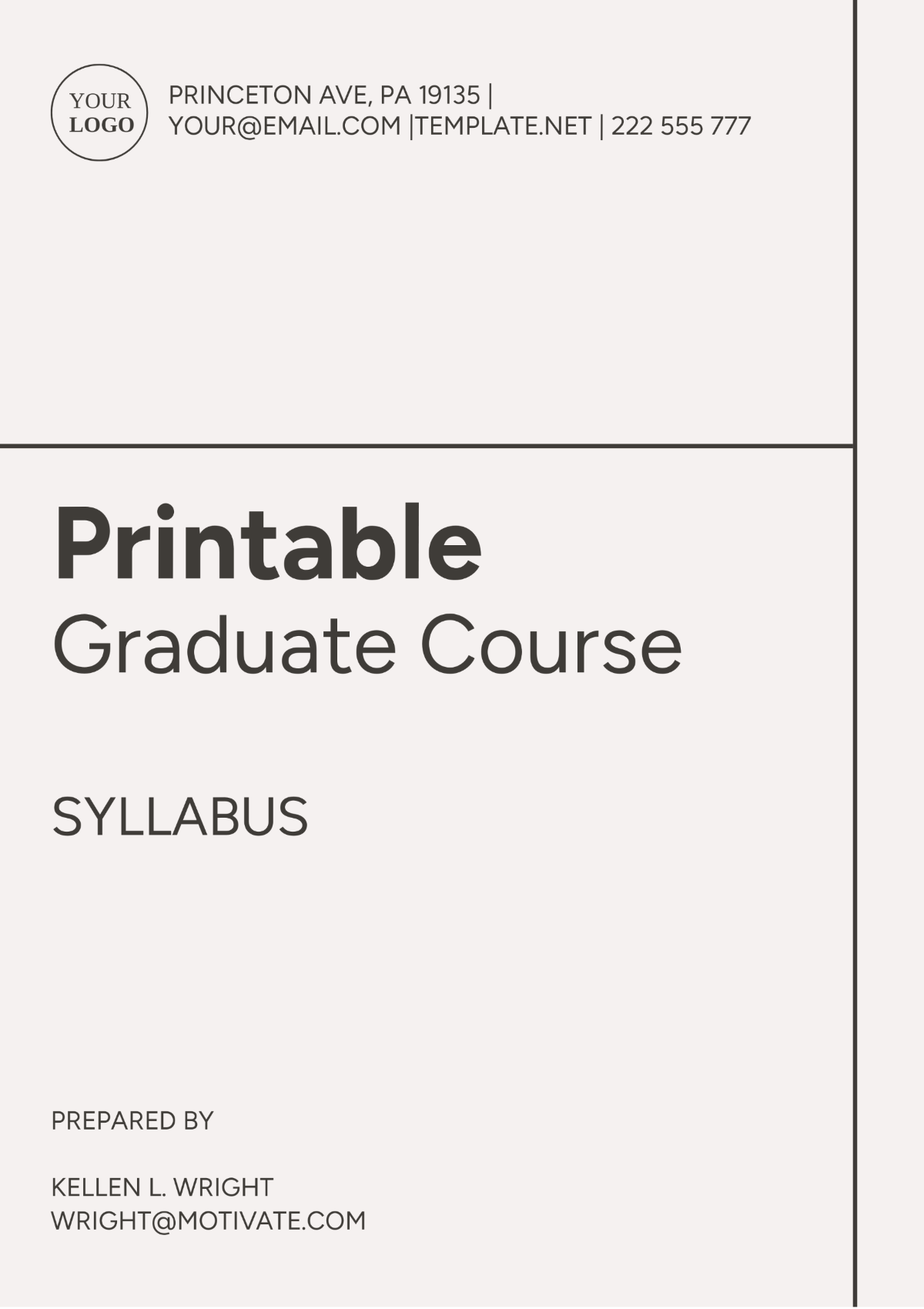Physical Science Syllabus
PHYSICAL SCIENCE COURSE
Course Title | [COURSE TITLE] |
Course Code | [COURSE CODE] |
Office Hours | [OFFICE HOURS] |
Class Location | [CLASS LOCATION] |
Class Time | [CLASS TIME] |
Class Duration | [DATE] - [DATE] |
1. Course Description
This course helps you explore the principles and theories that govern the physical world around us. We cover topics from classical mechanics to modern quantum physics and discuss their real-world applications.
2. instructor's Information
Instructor: [Your Name]
Email: [Your Email]
Company: [Your Company Name]
3. Learning Objectives
By the end of the course, students should be able to:
Understand the basic principles of physical science and the scientific method
Apply fundamental theories of classical mechanics and quantum physics
Analyze physical problems and draw conclusions based on experimental data
Connect physical science principles to real-world situations
Develop critical thinking and problem-solving skills
4. Course Schedule
Week | Topics | Activities |
|---|---|---|
1-2 | Introduction to Physical Science | Lecture, Reading Assignment |
3-4 | Basic Physics Concepts | Laboratory Activities, Group Work |
5. Required Reading and Materials
The following materials and readings are required for this course:
Physical Science Textbook
Laboratory Manual
Scientific Calculator
Ruler/Measuring Instruments
Protective Eyewear for Lab Experiments
6. Assignments and Assessments
Quizzes: Short quizzes will be given at the end of each topic to quickly assess understanding
Laboratory Work: There will be scheduled lab work where students are expected to perform experiments and record their results
Midterm and Final Exam: Comprehensive evaluation of the entire syllabus
Homework: Regular homework will be given to strengthen understanding of concepts and principles
Project: An end-of-semester project that will assess the application of what has been learnt throughout the course
7. Course Policy
All assignments must be submitted before the stipulated deadline
Attendance of lectures and lab sessions is mandatory
Plagiarism and cheating will result in instant failure
Respect must be maintained for peers, instructional staff, and classroom property
Students must come prepared with readings done and materials for class
8. Grading Policy
Grade Component | Percentage |
|---|---|
Quizzes | 25% |
Laboratory Work | 20% |
Midterm Examination | 25% |
Final Examination | 30% |
Disclaimer
The syllabus serves as a guide, providing an outline and direction for the course. However, it's important to note that it is not invariable or unchangeable. There may be circumstances or needs that require adjustment or modification of the syllabus. In such cases, these changes will not be made arbitrarily, but participants will be duly informed and provided with necessary notice of these alterations.

